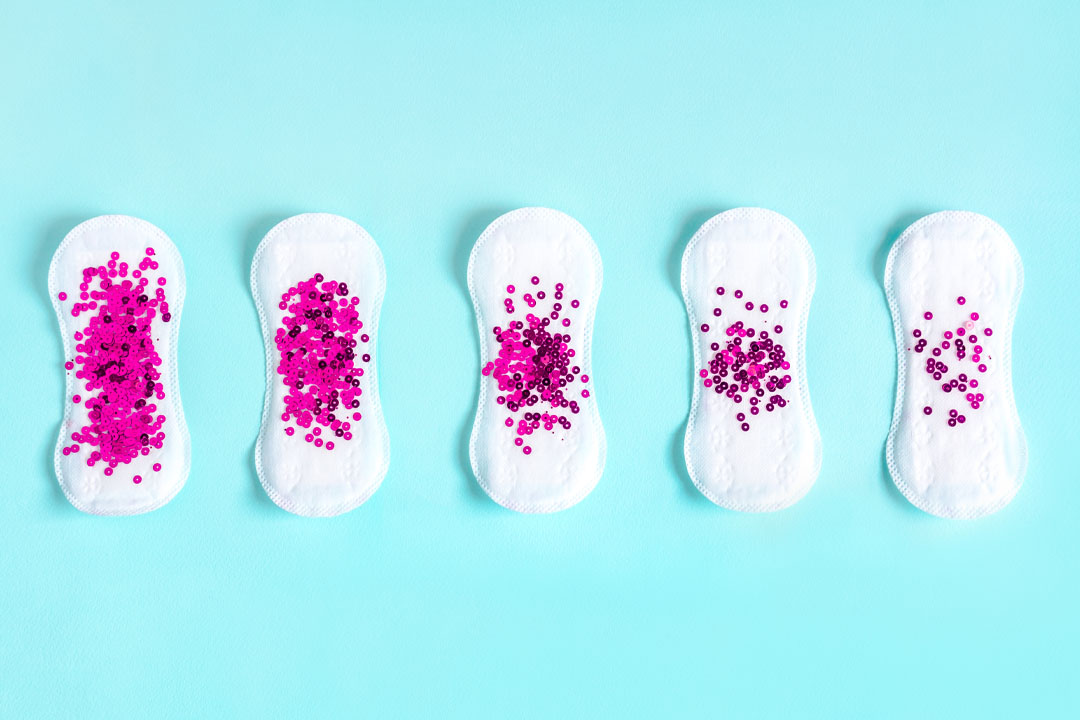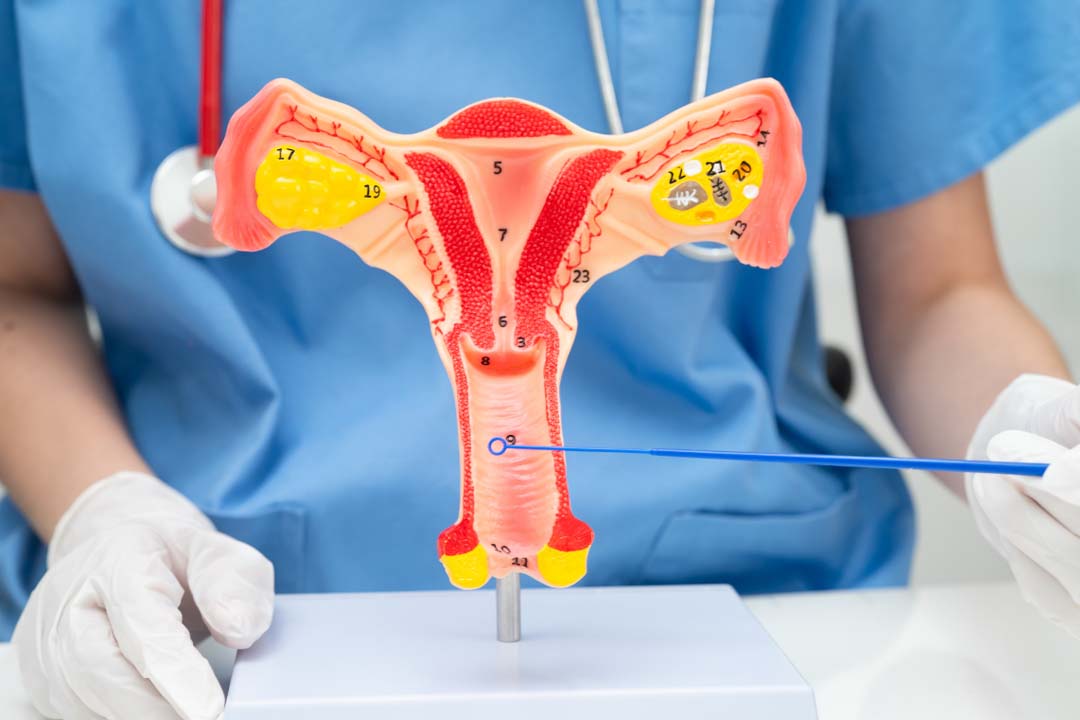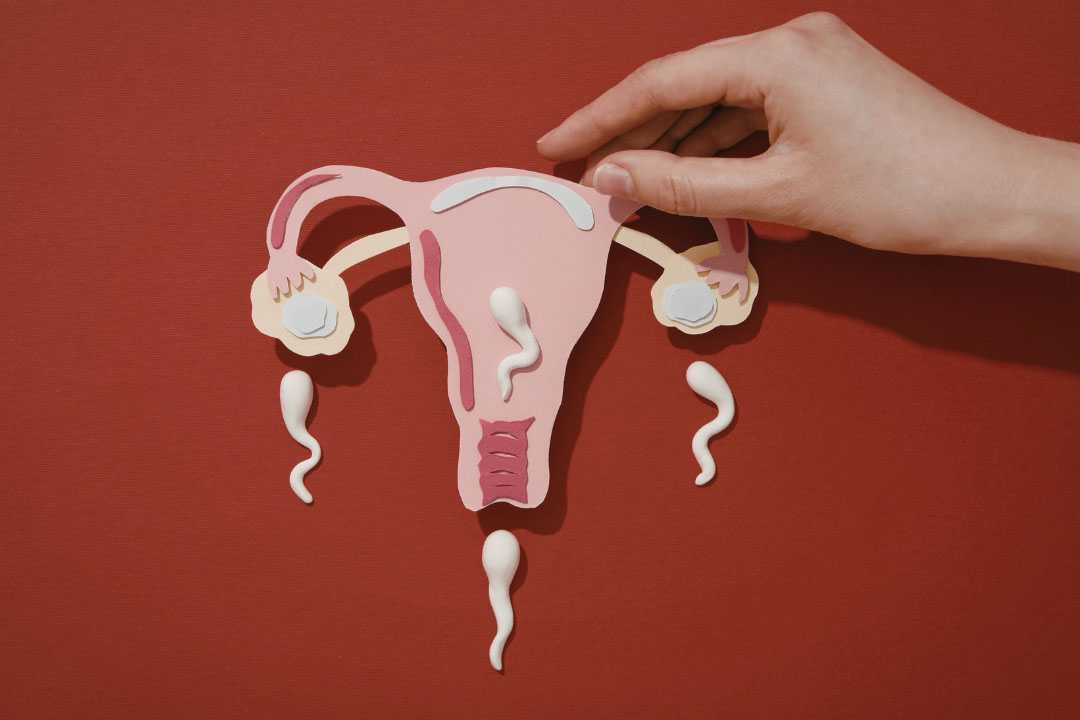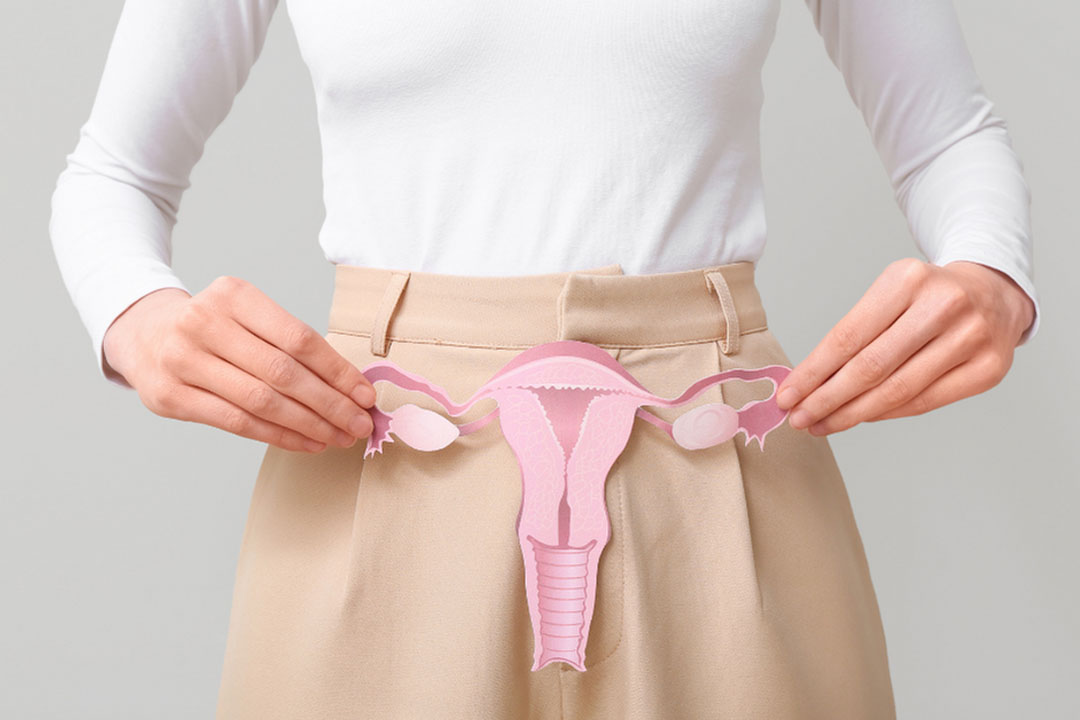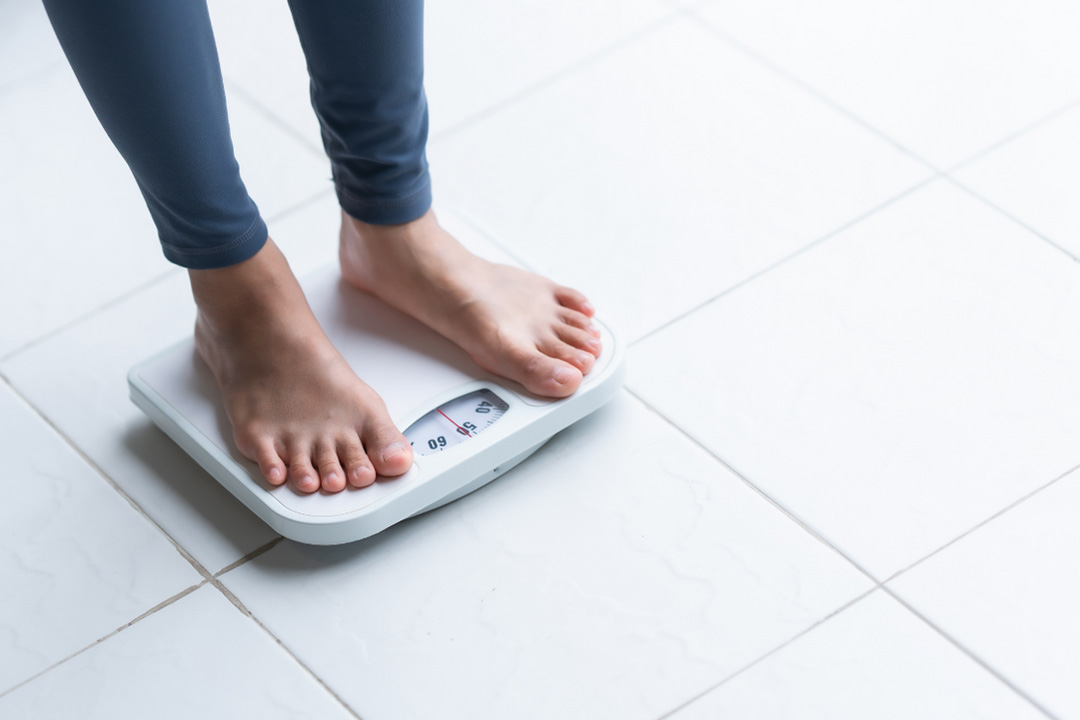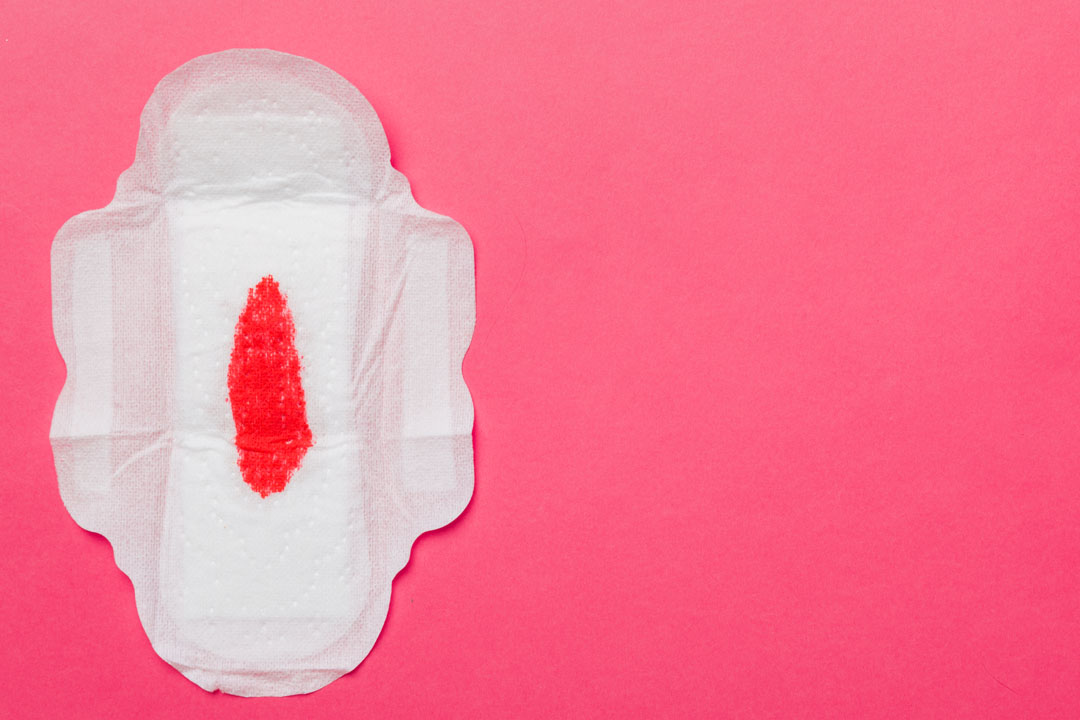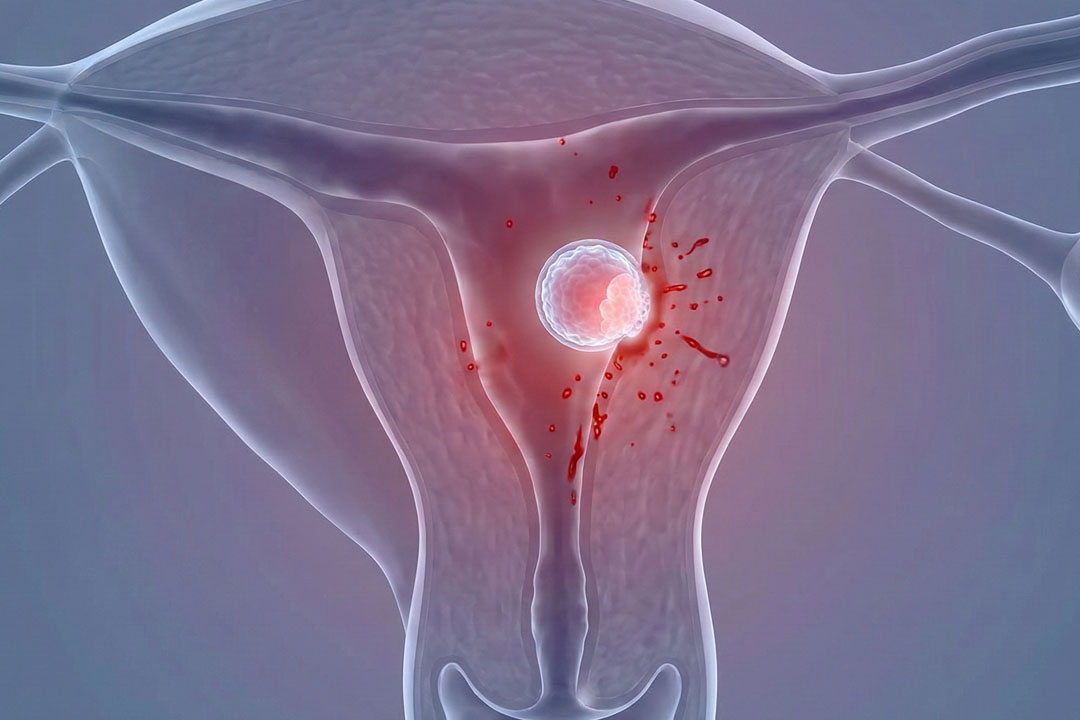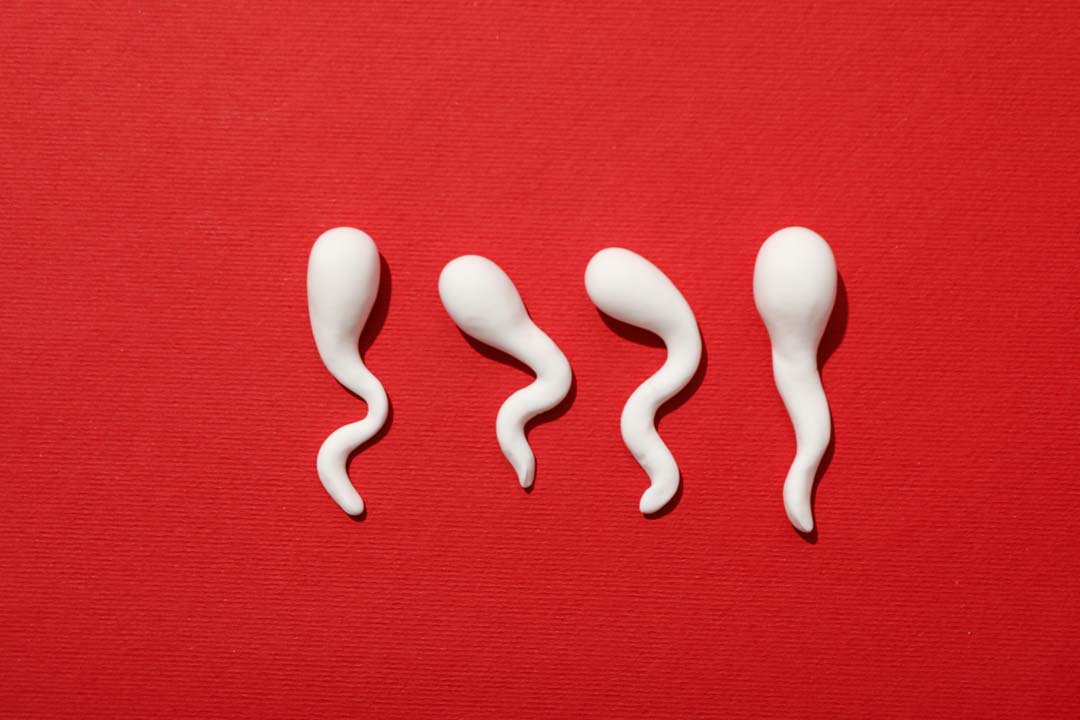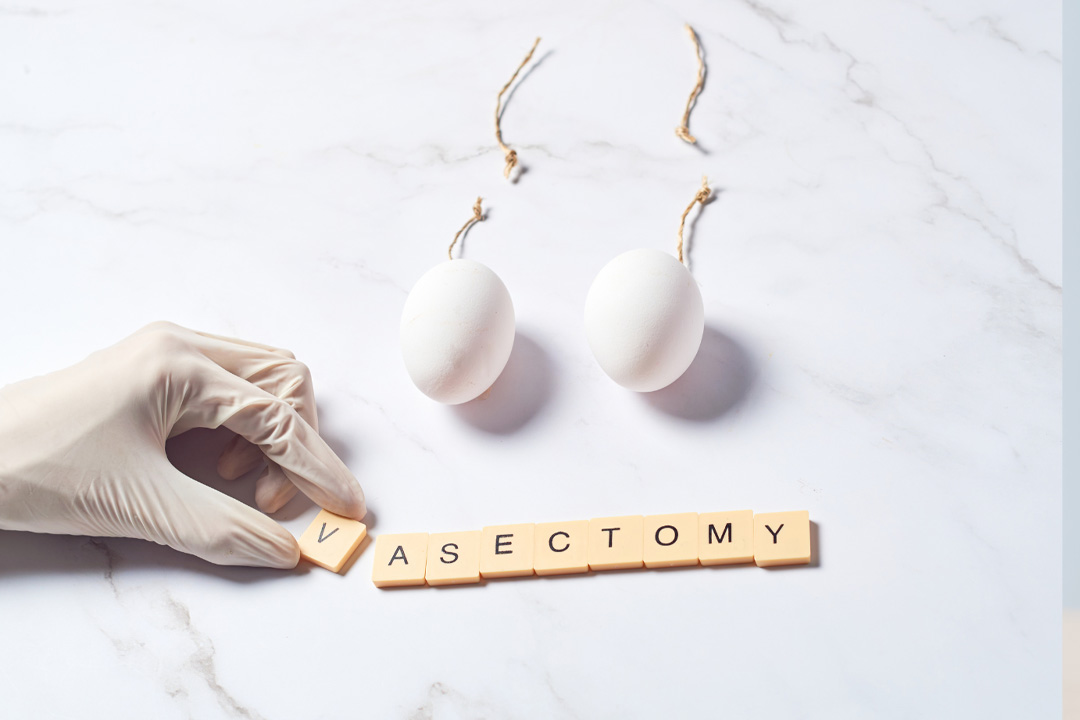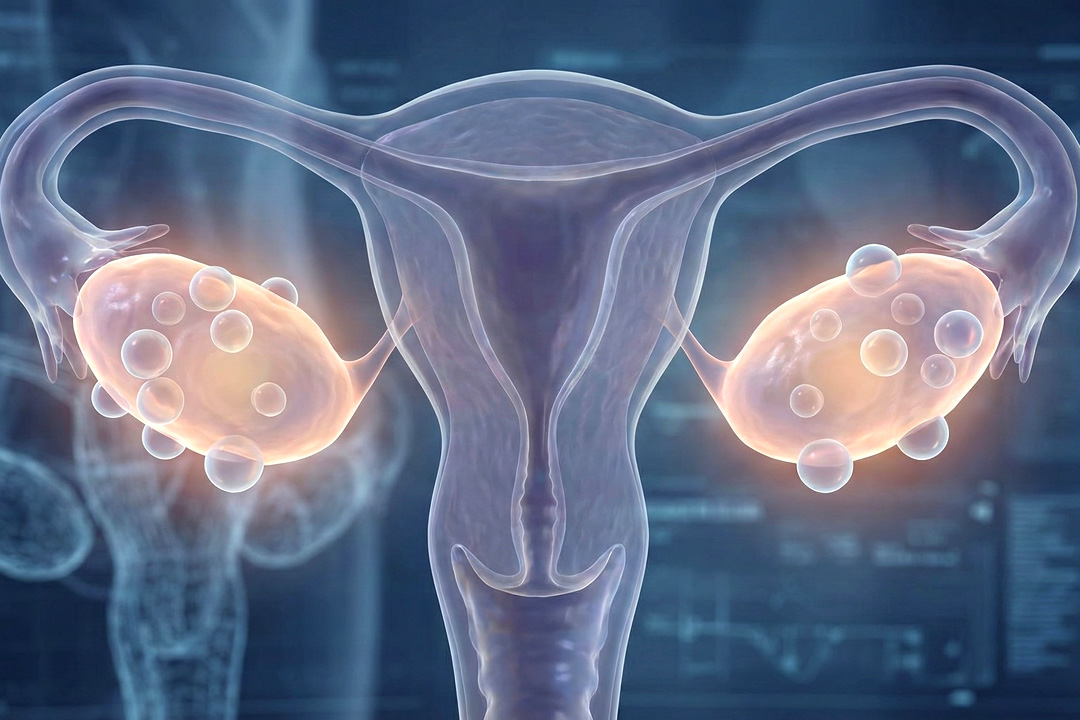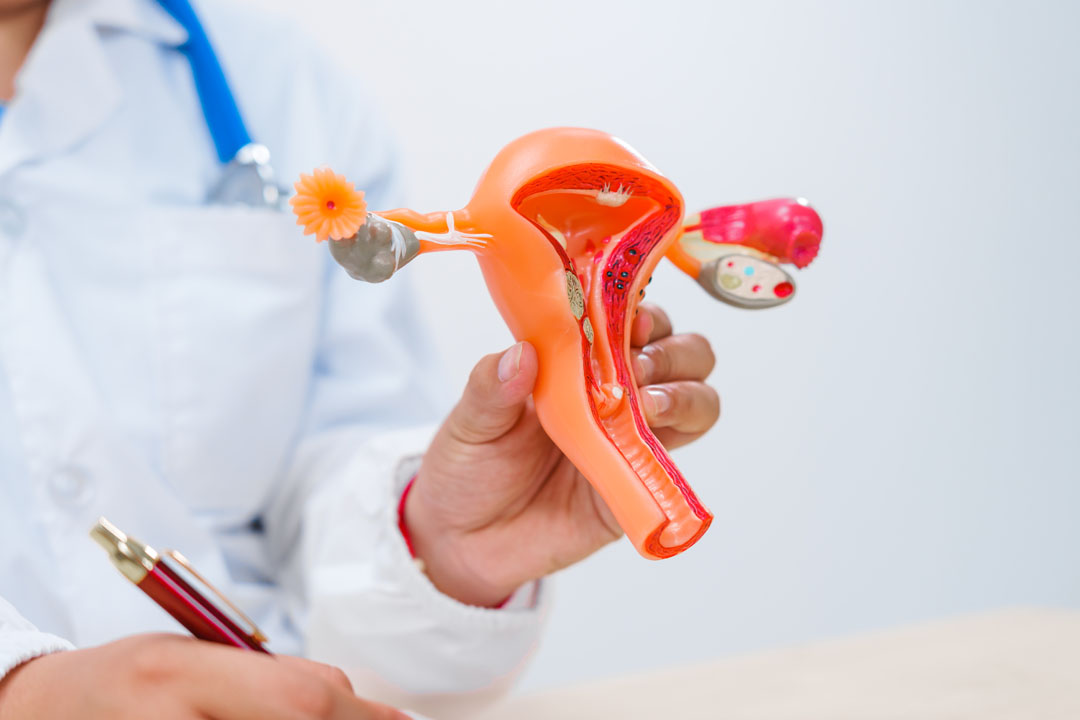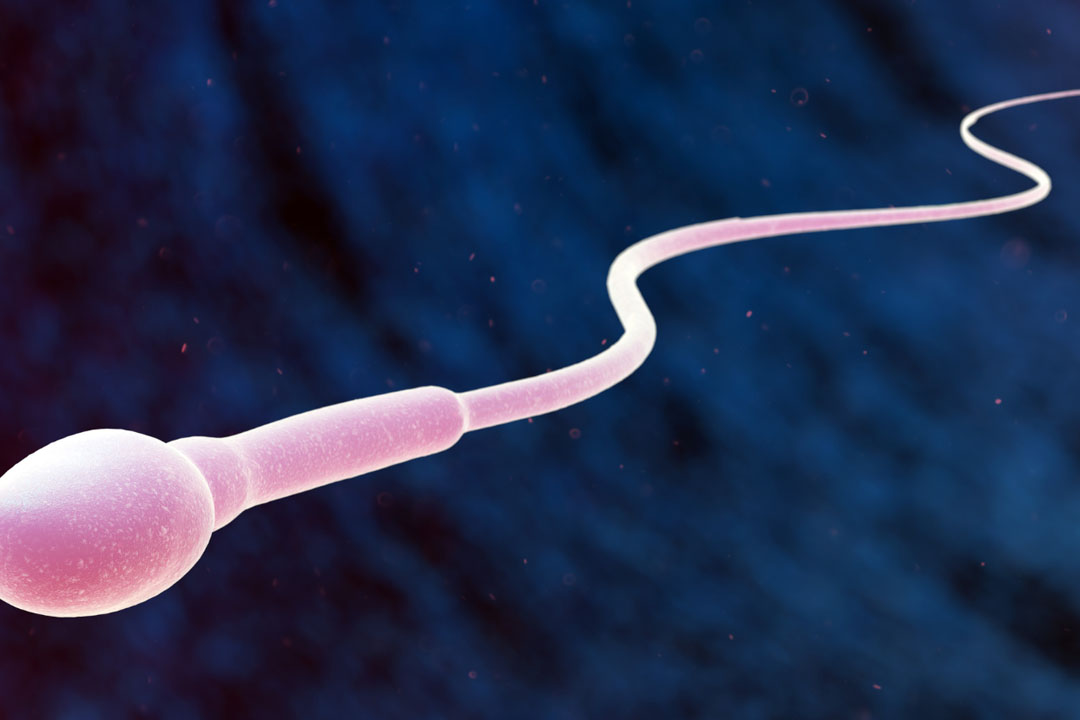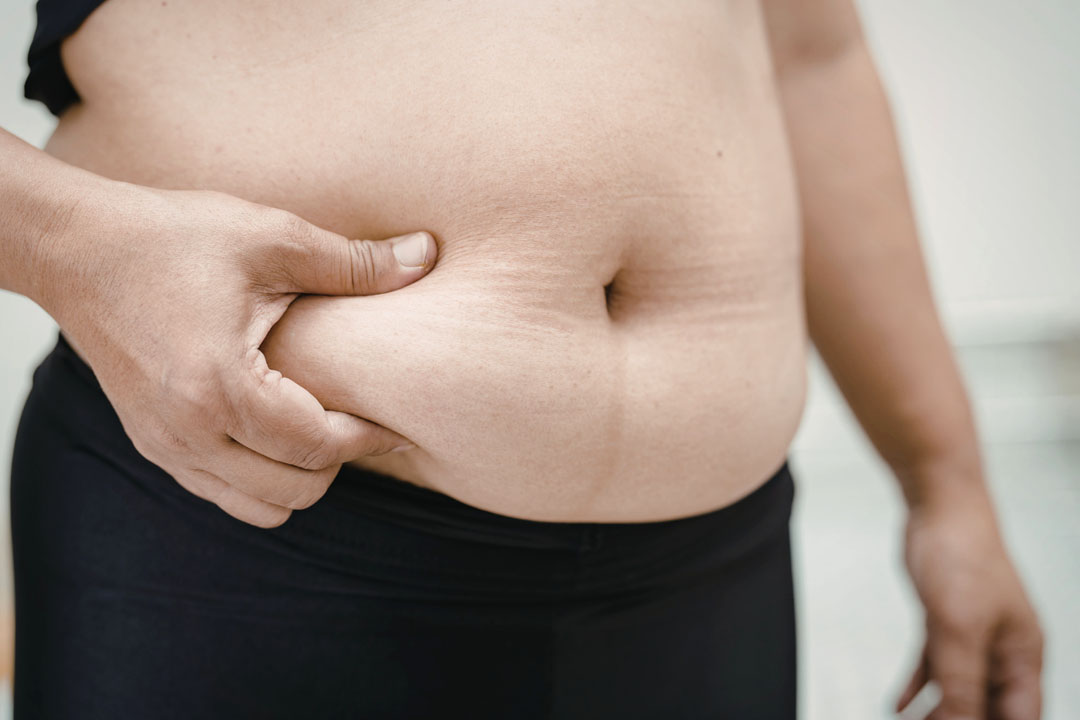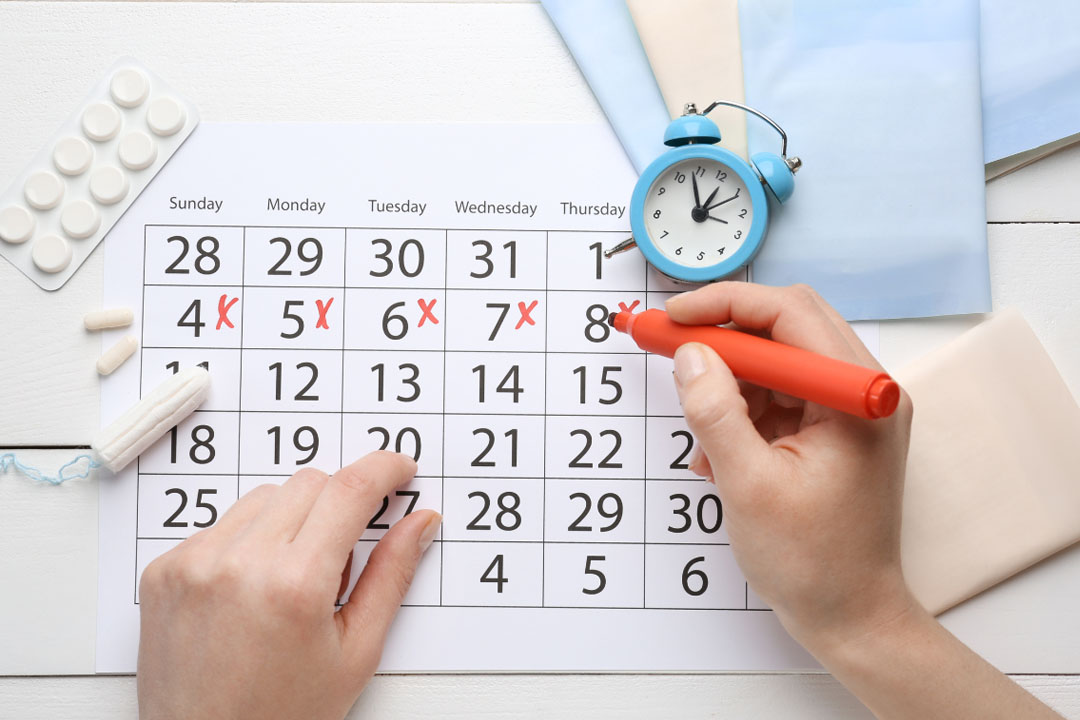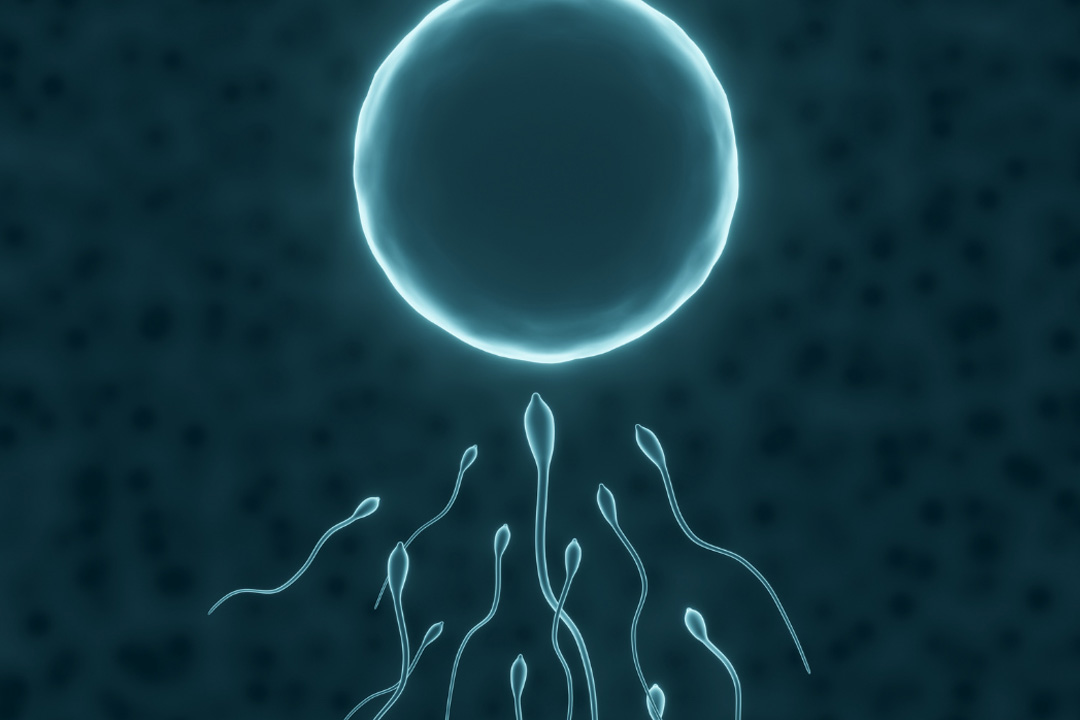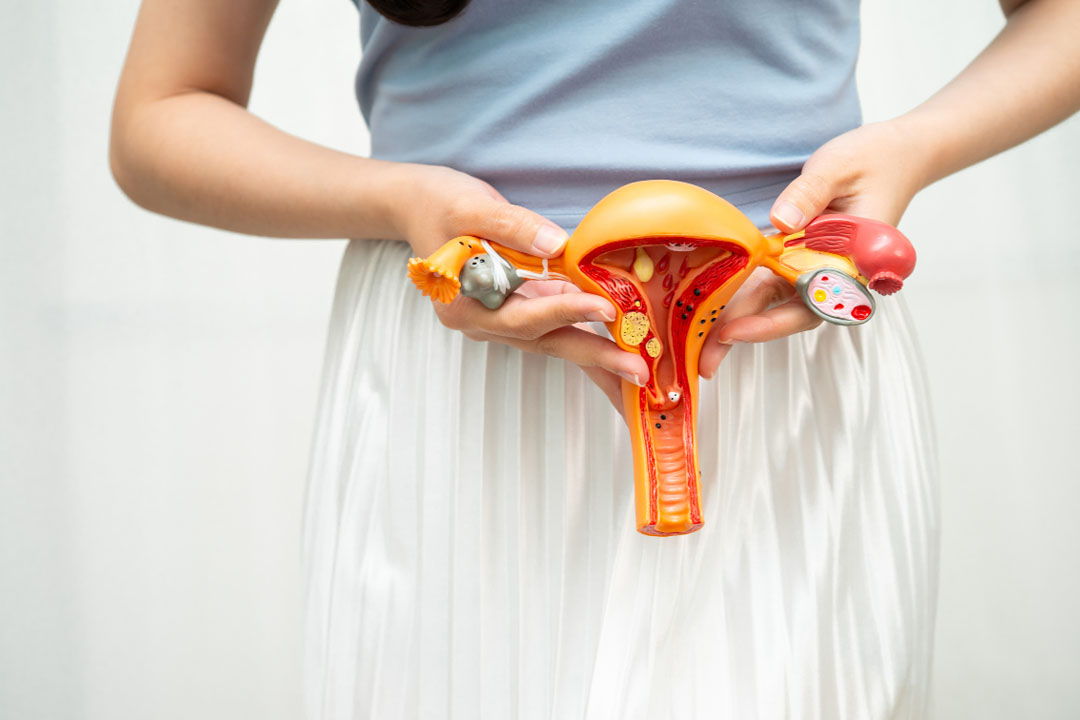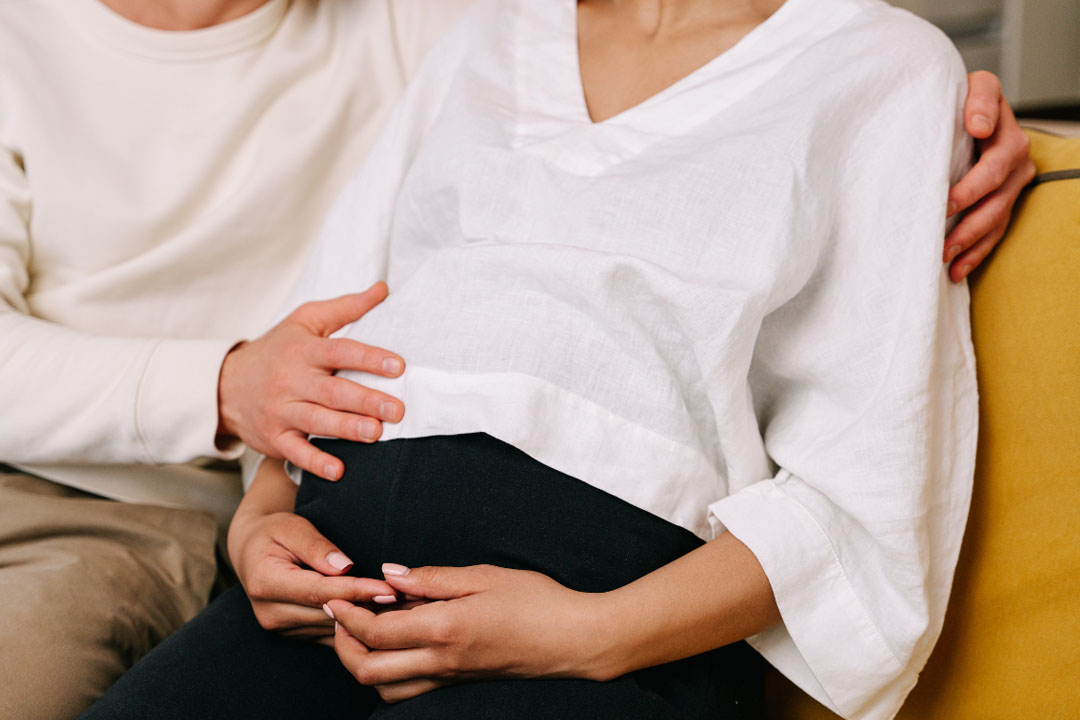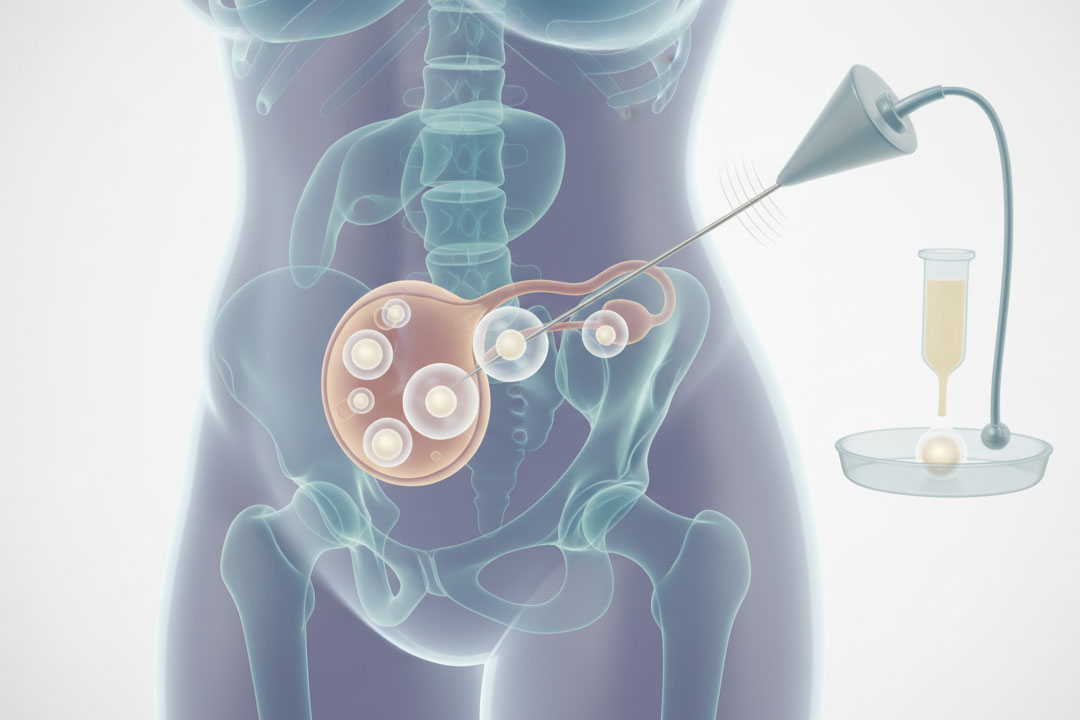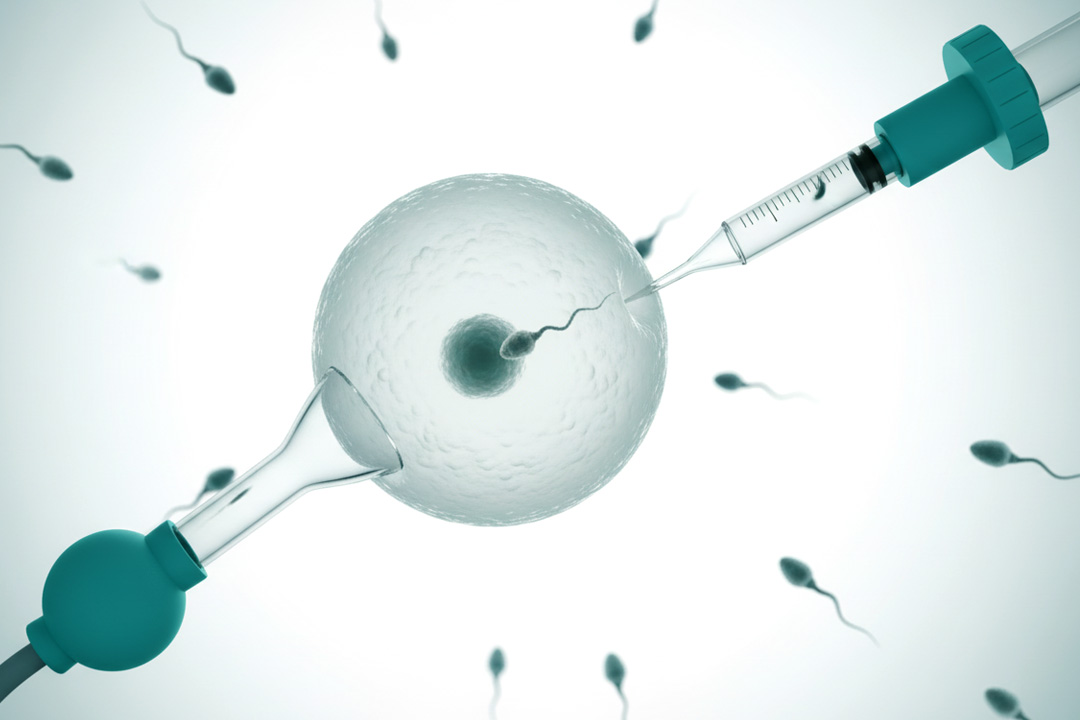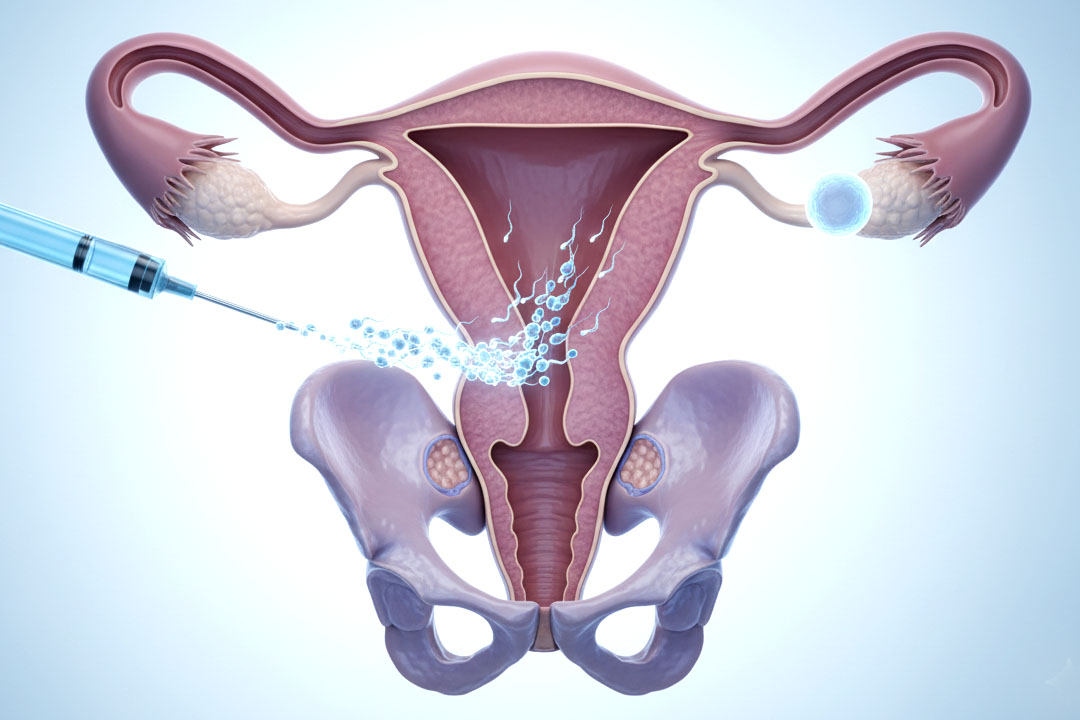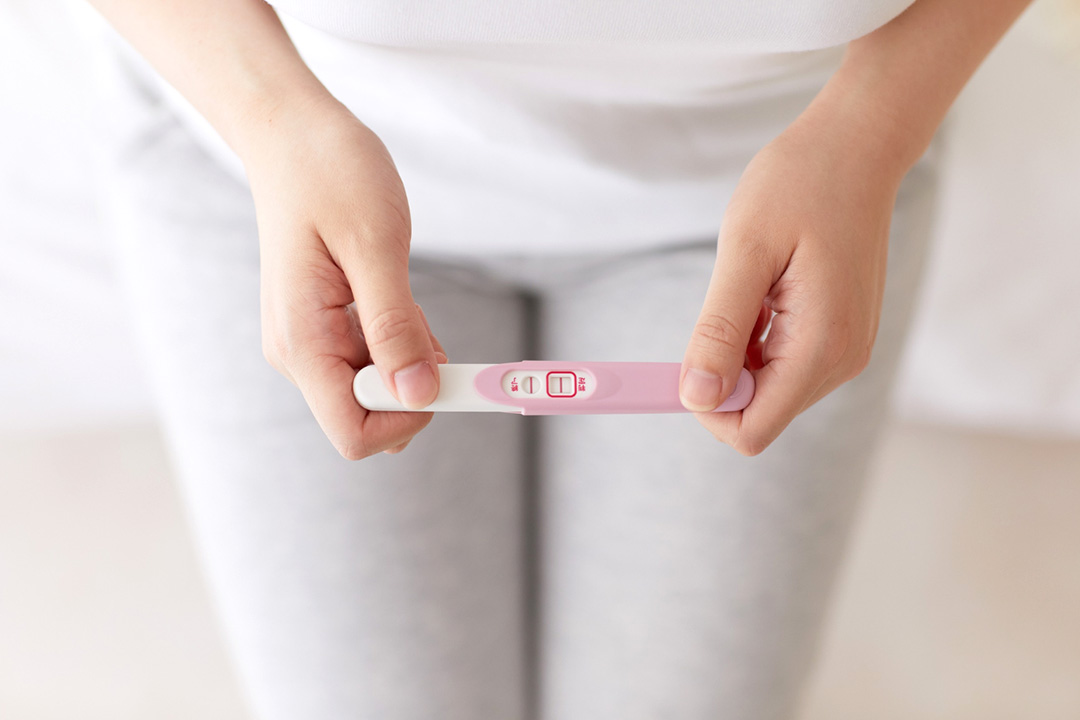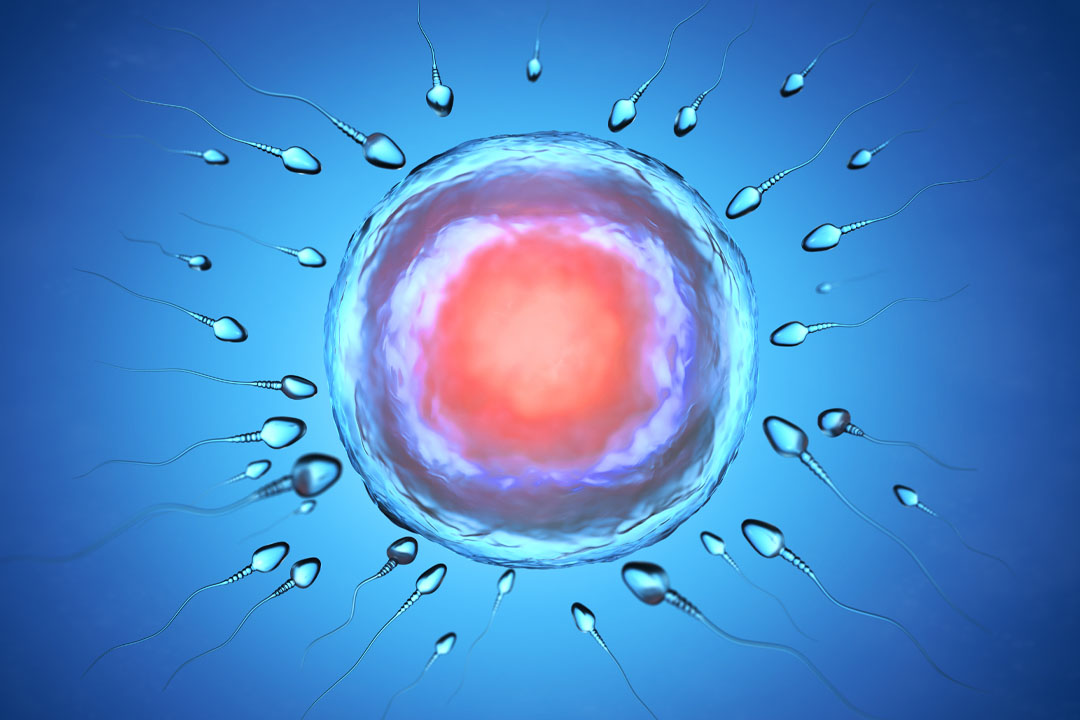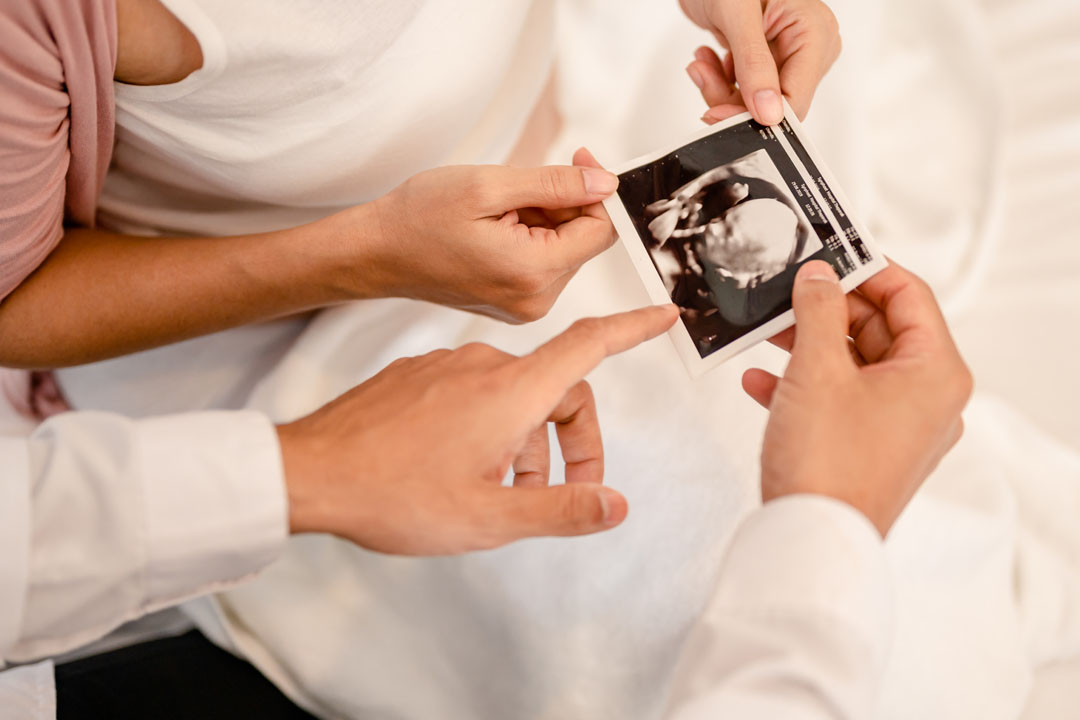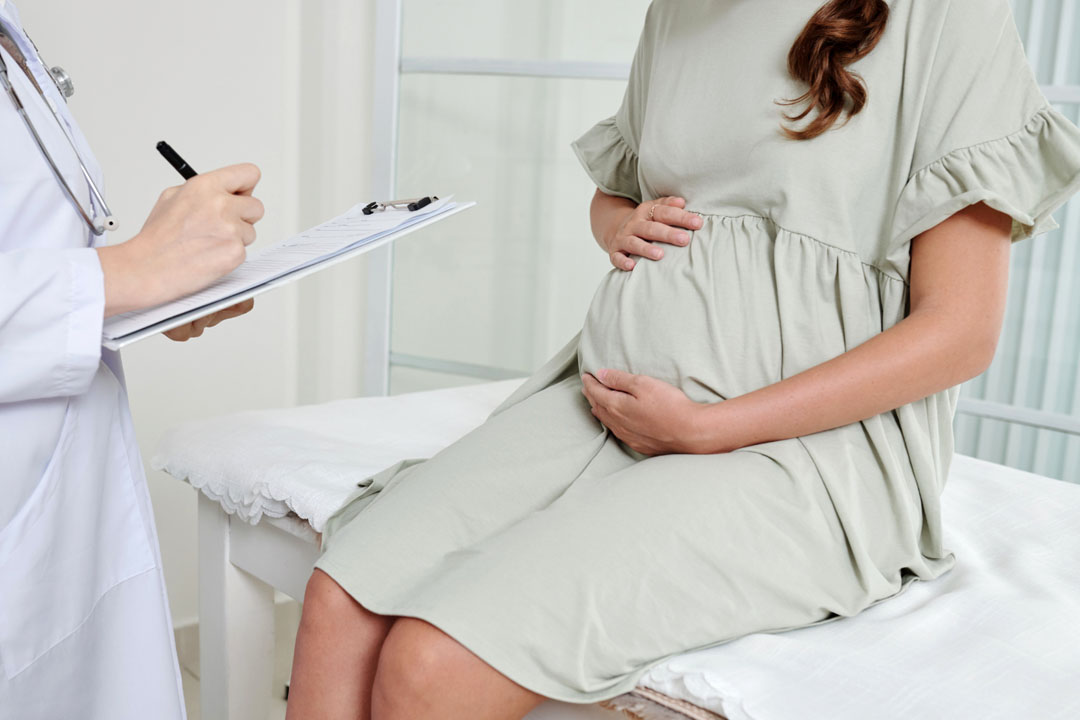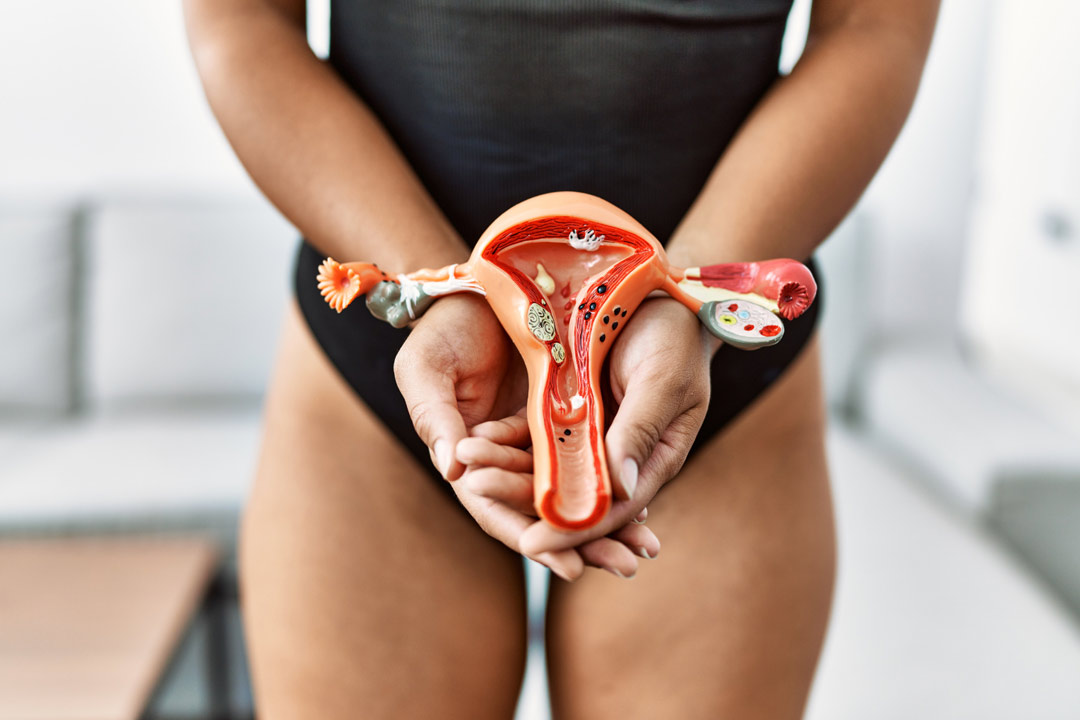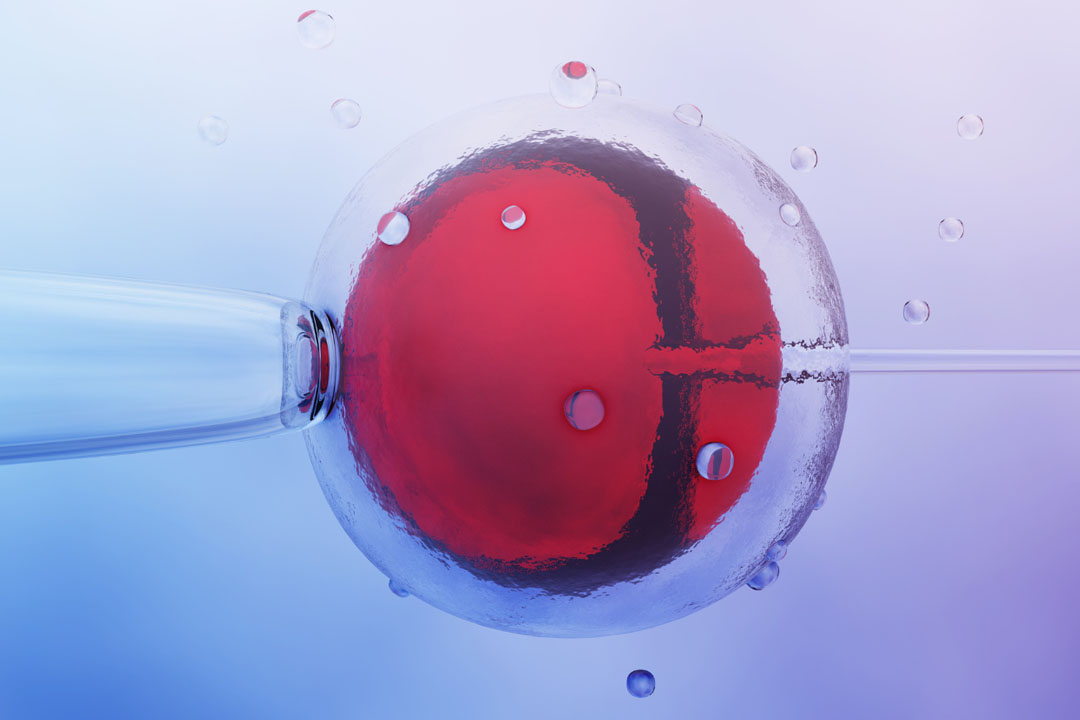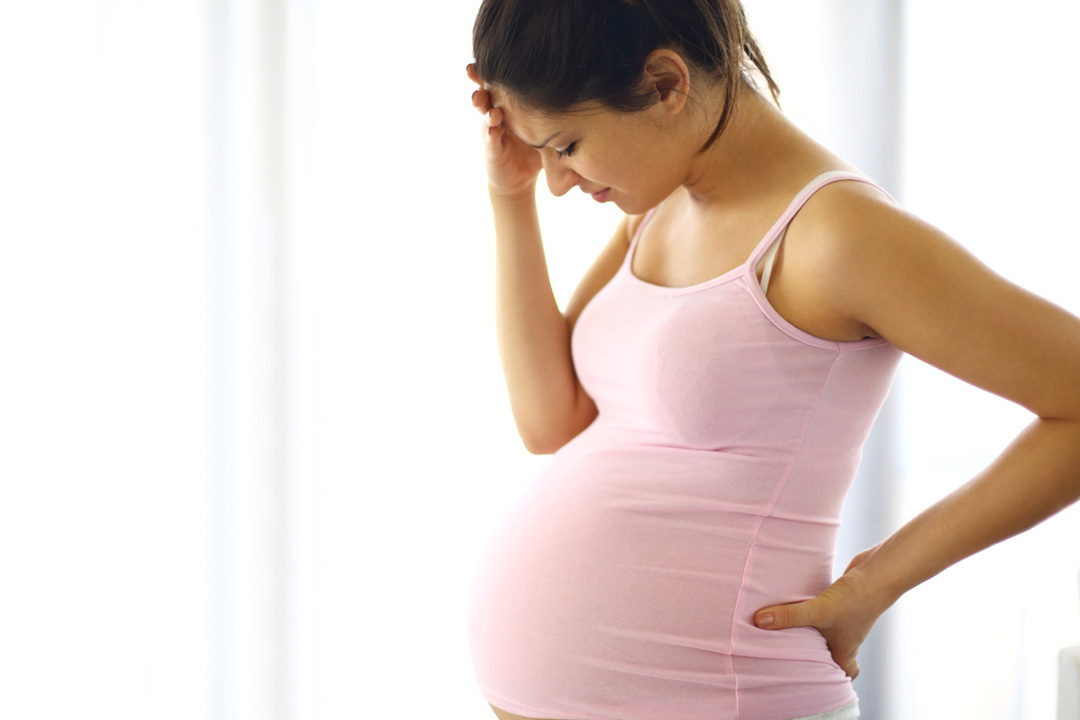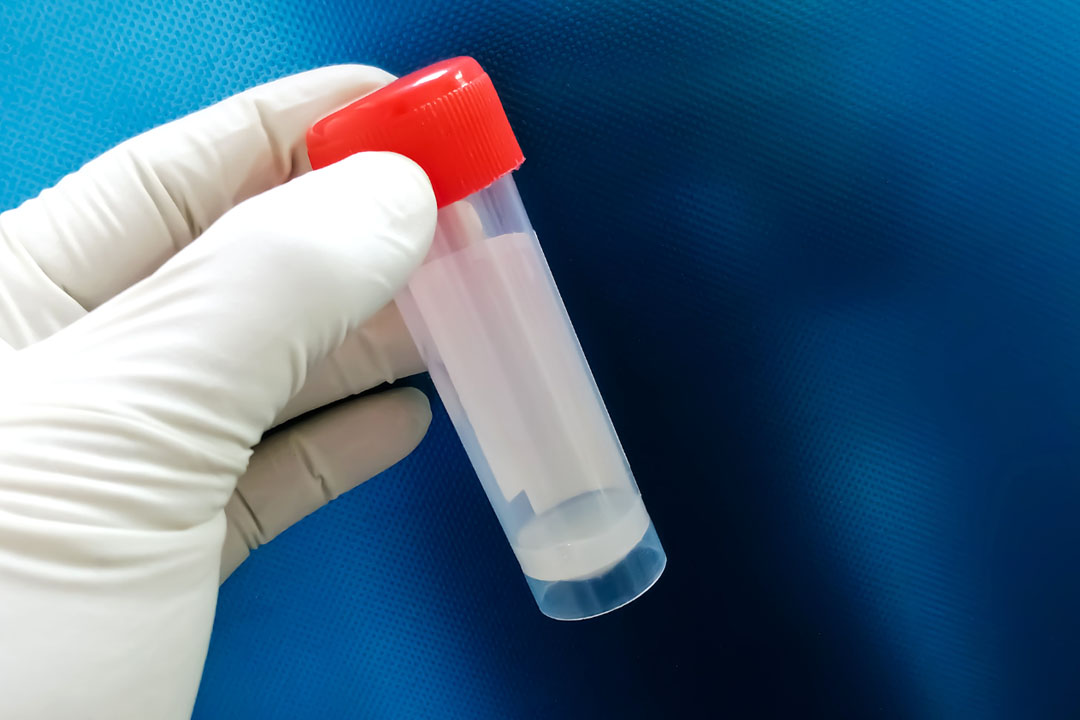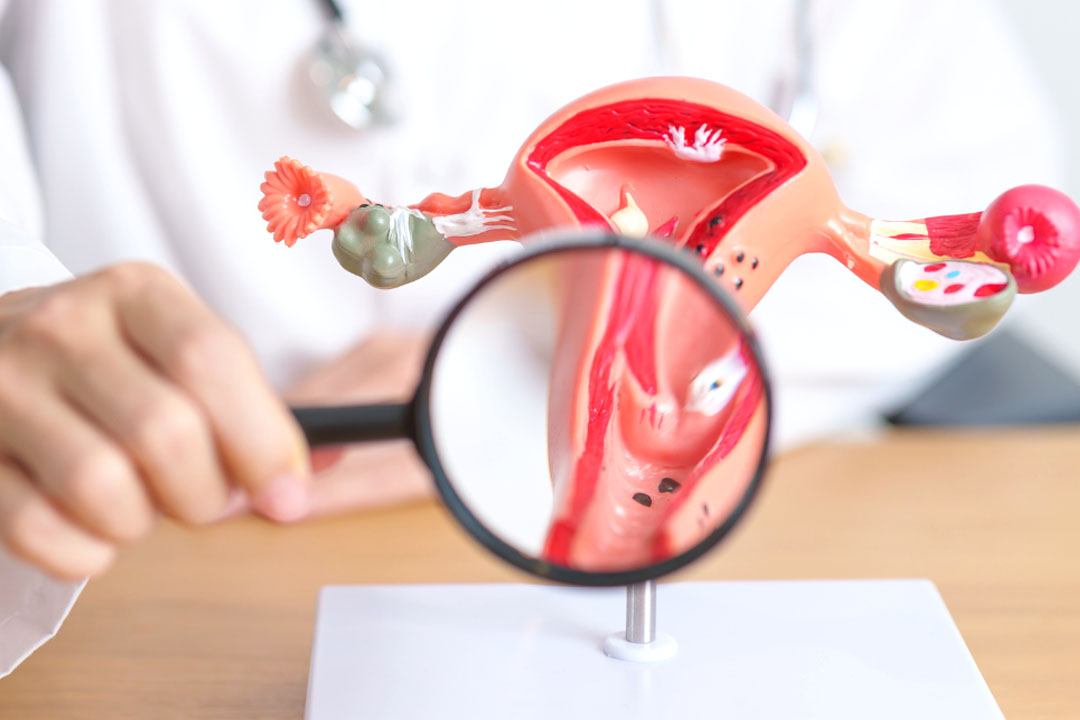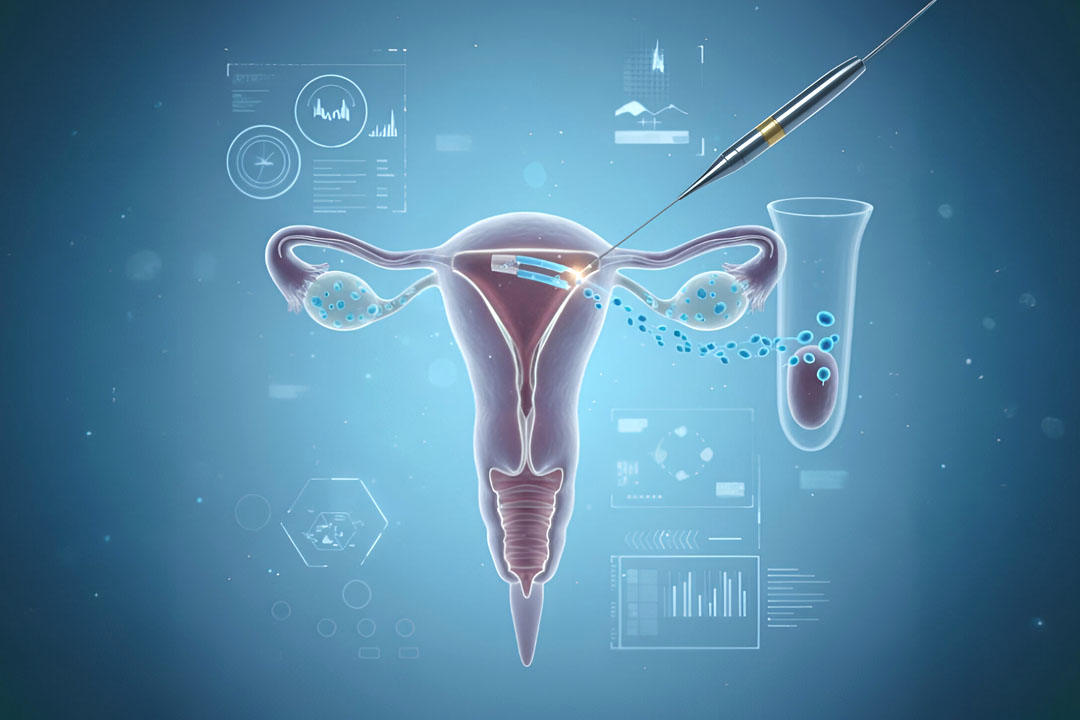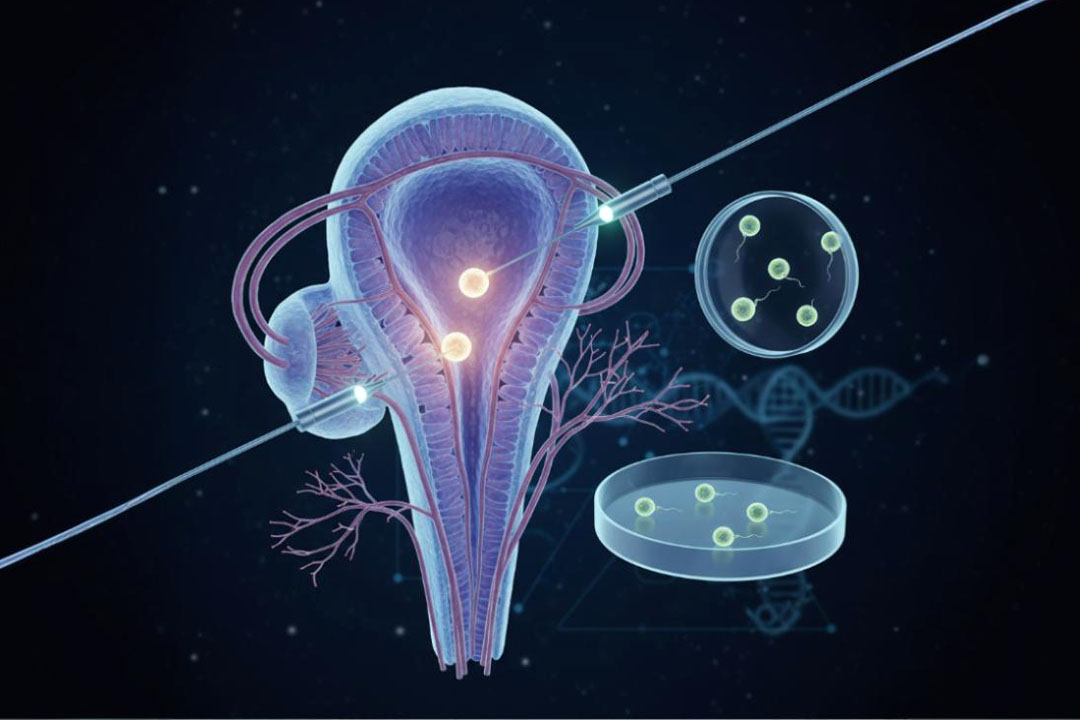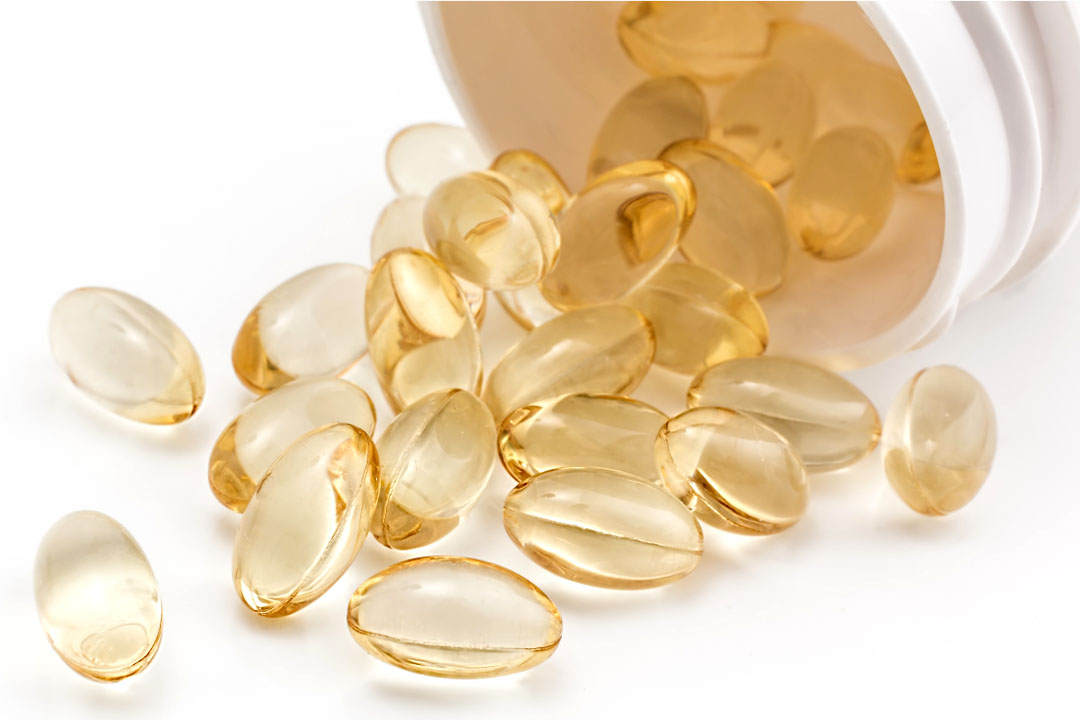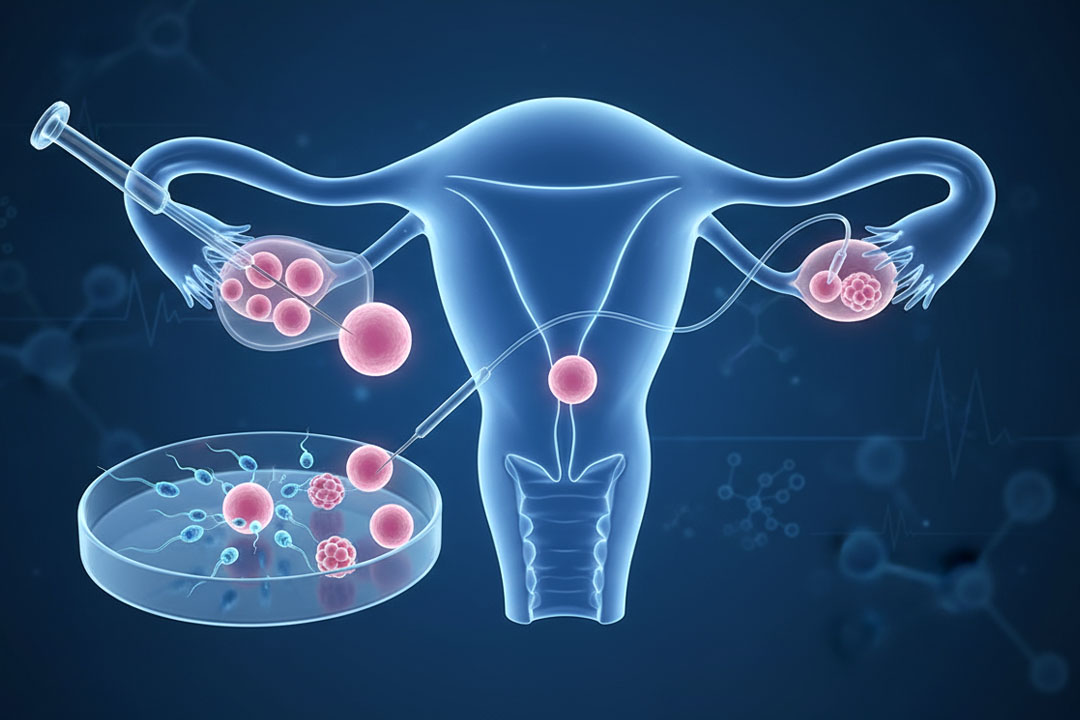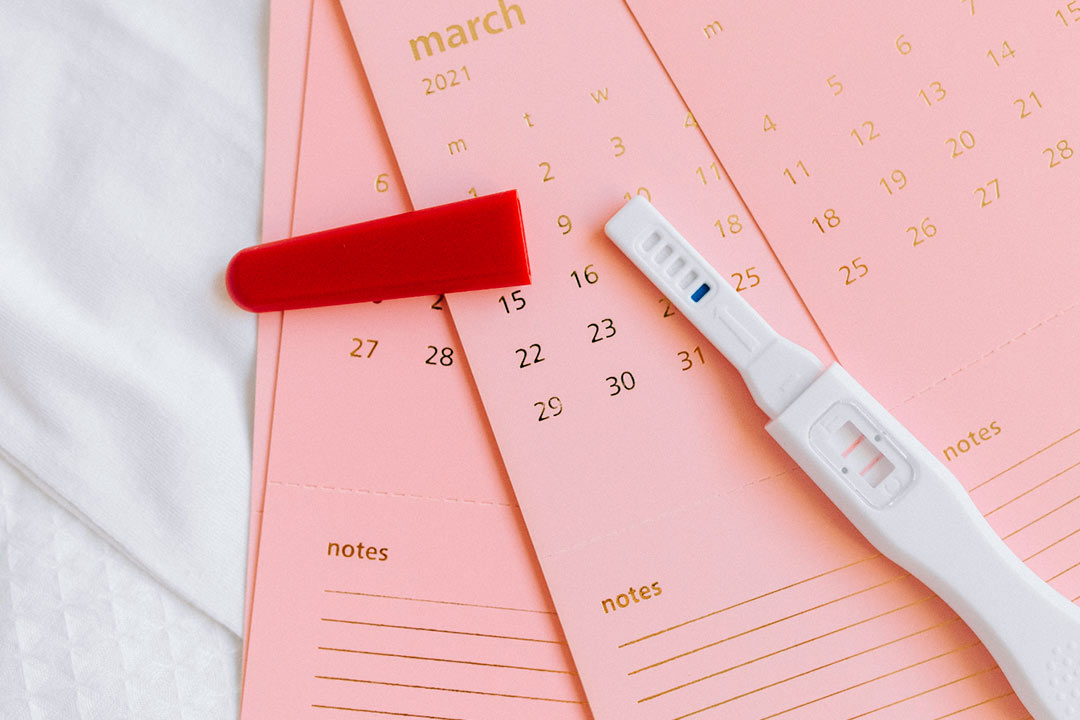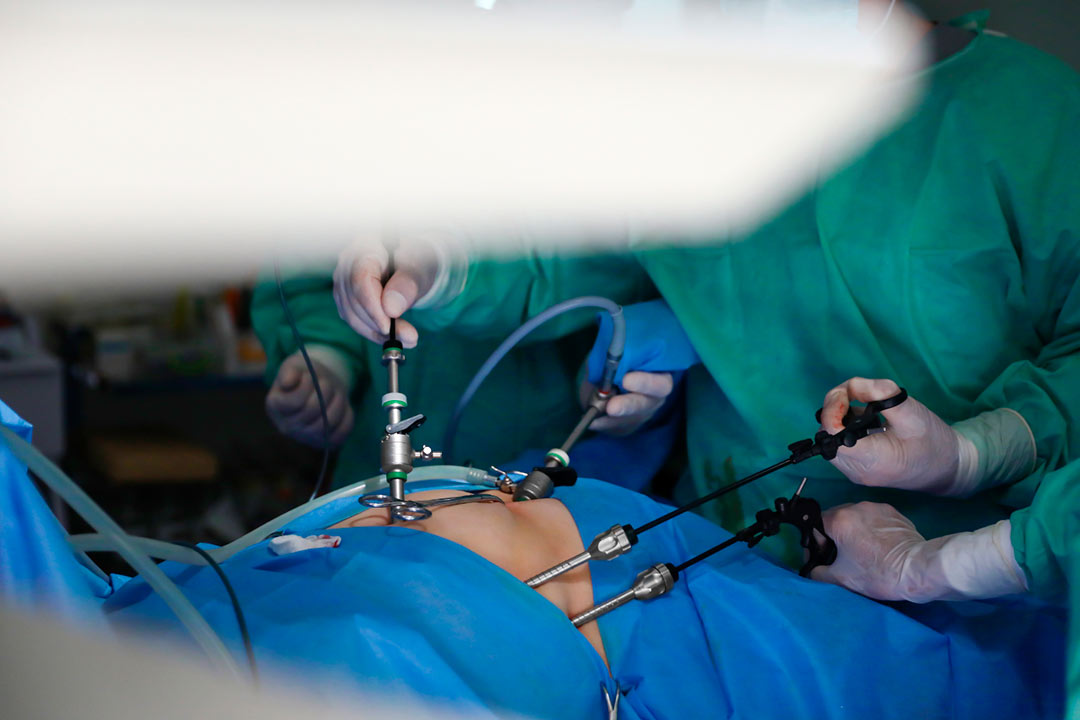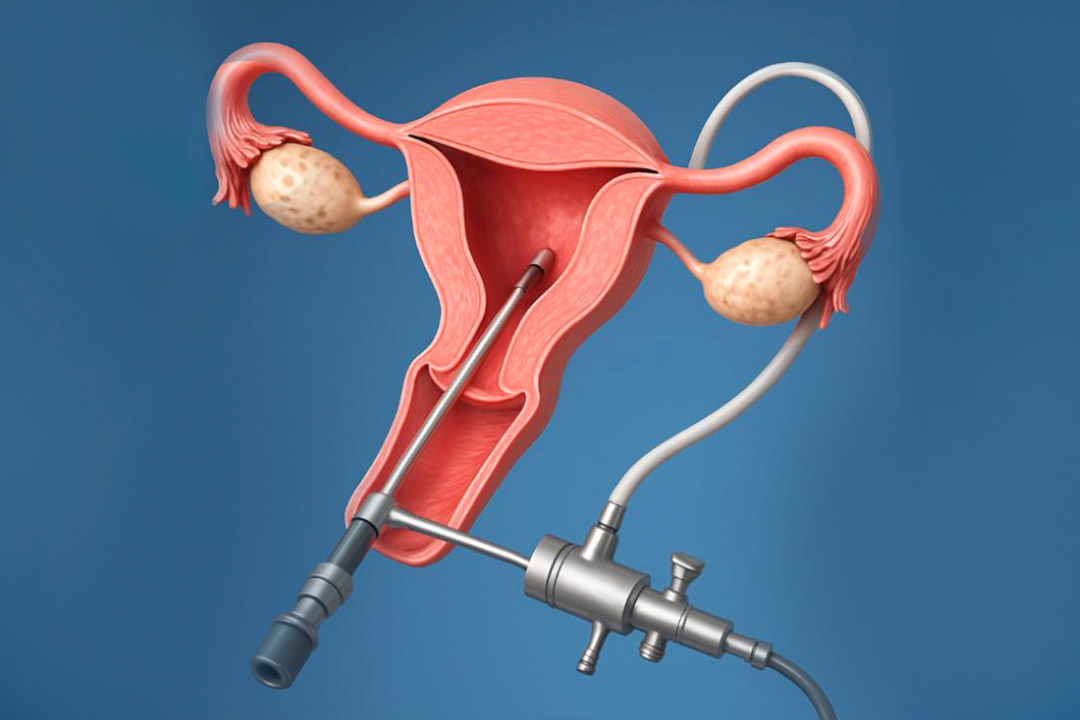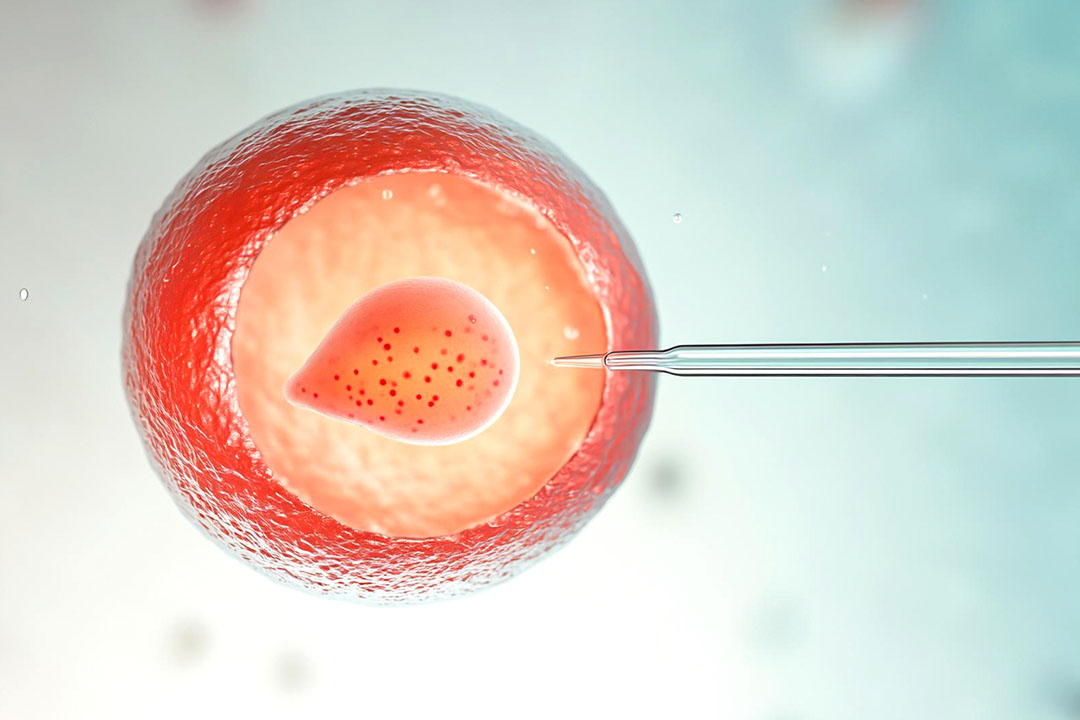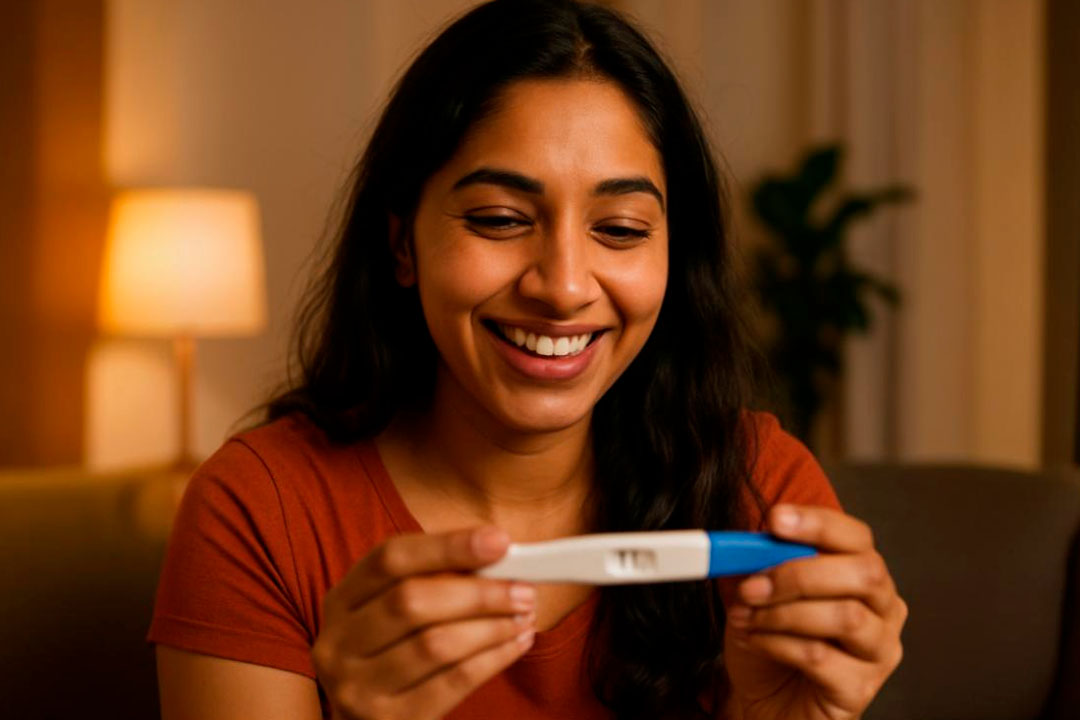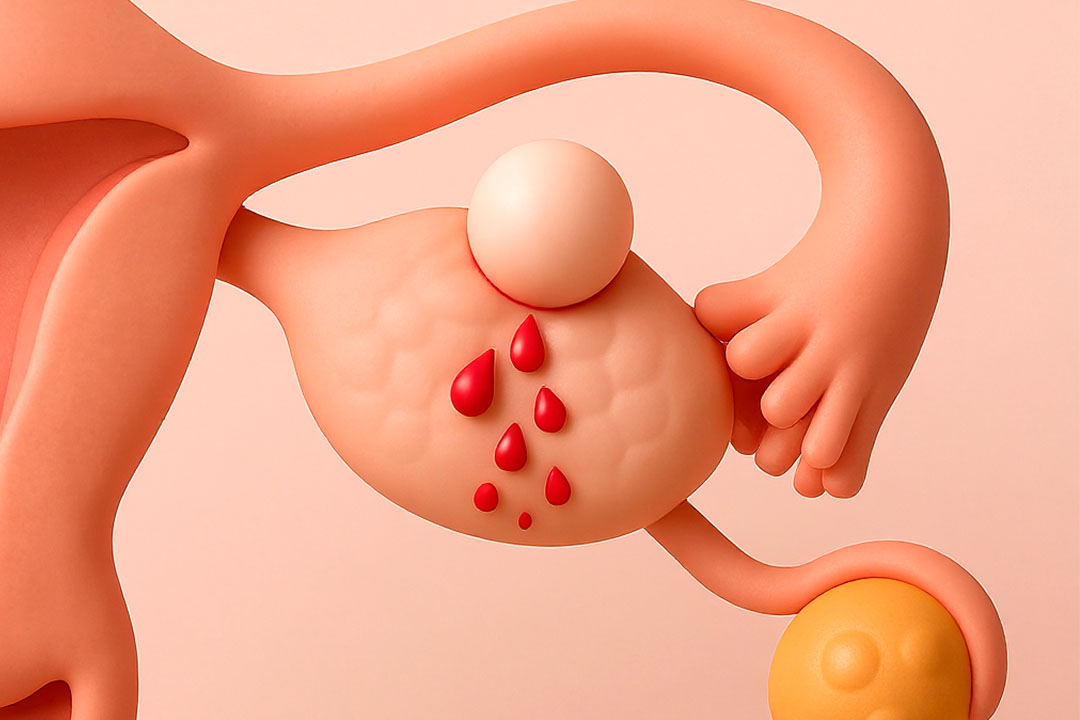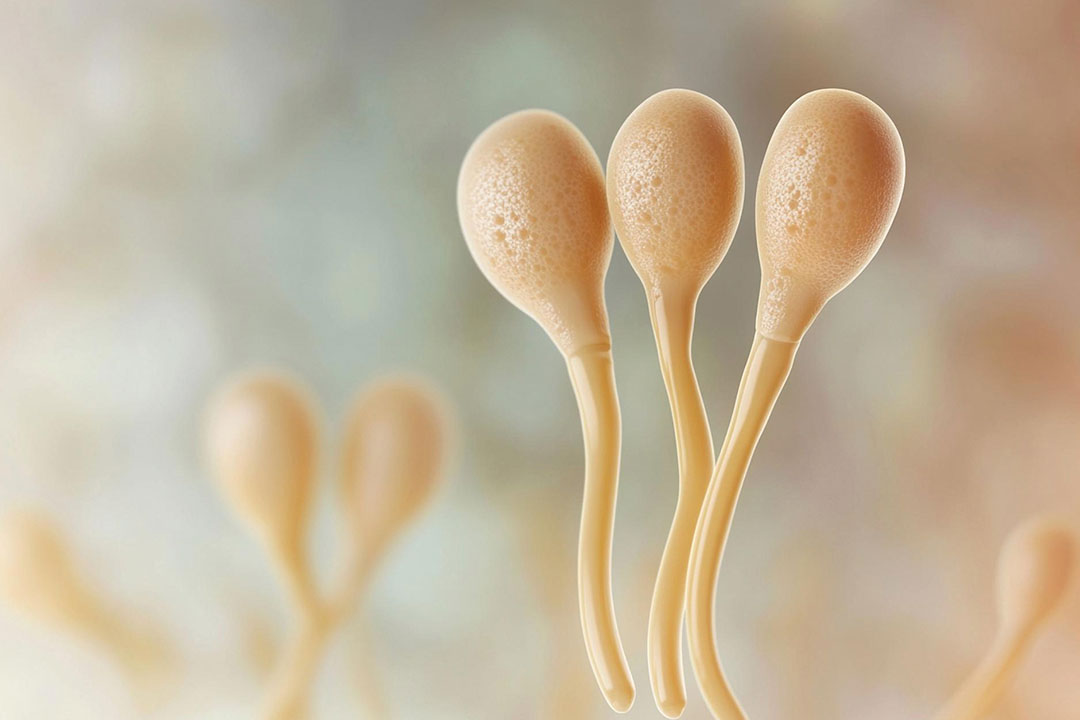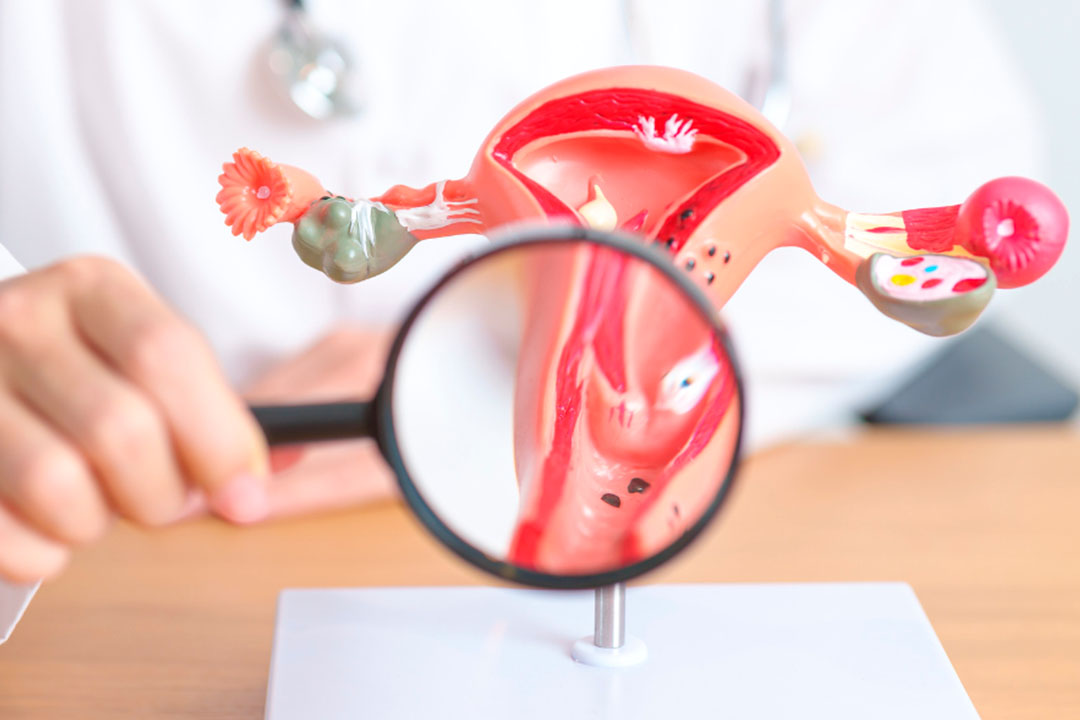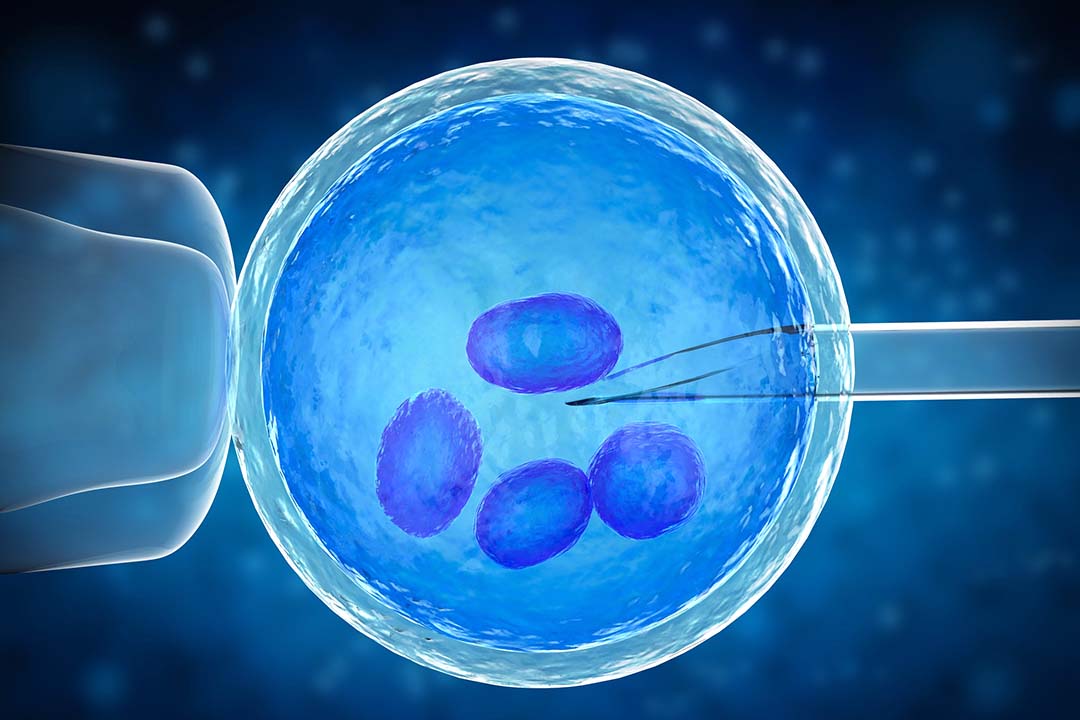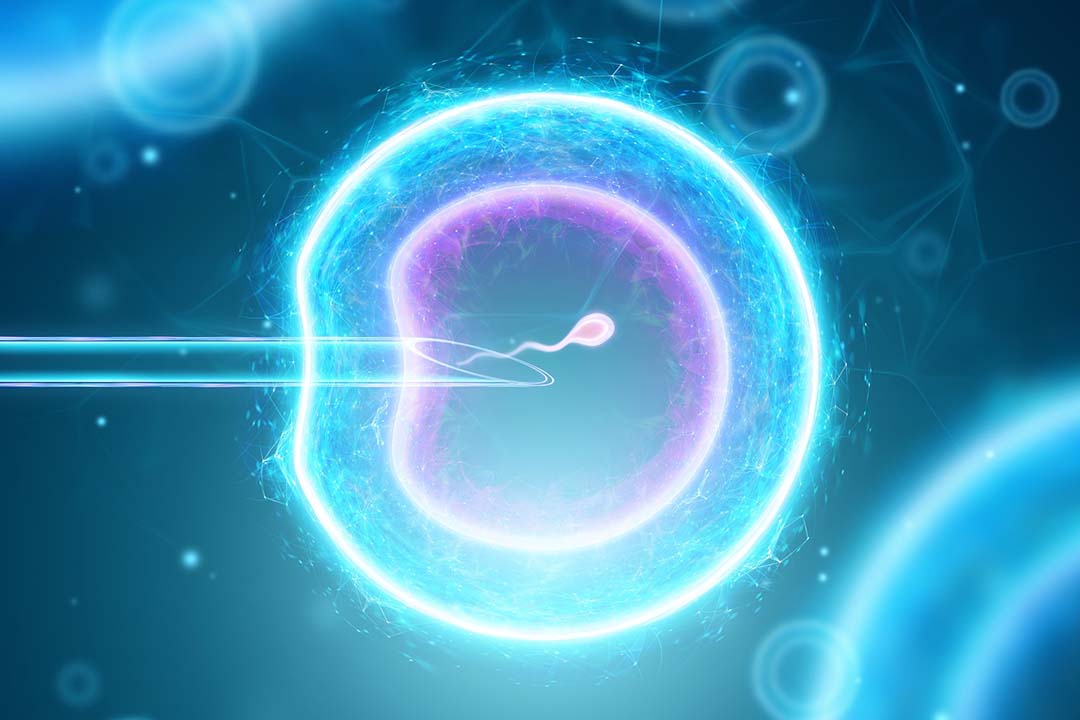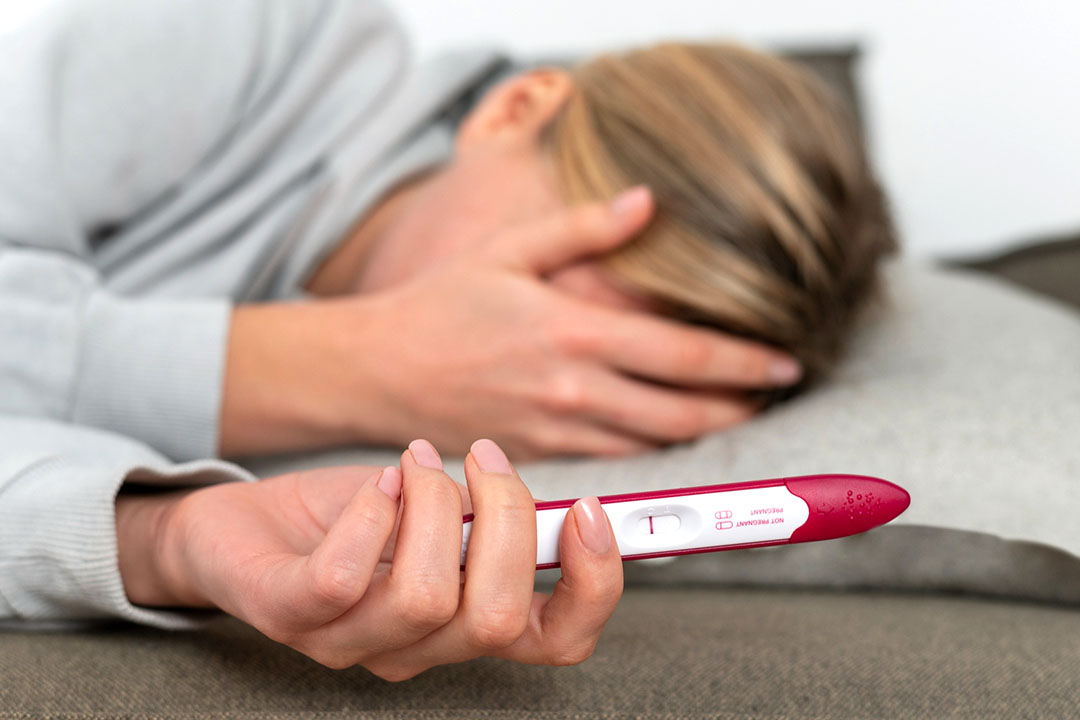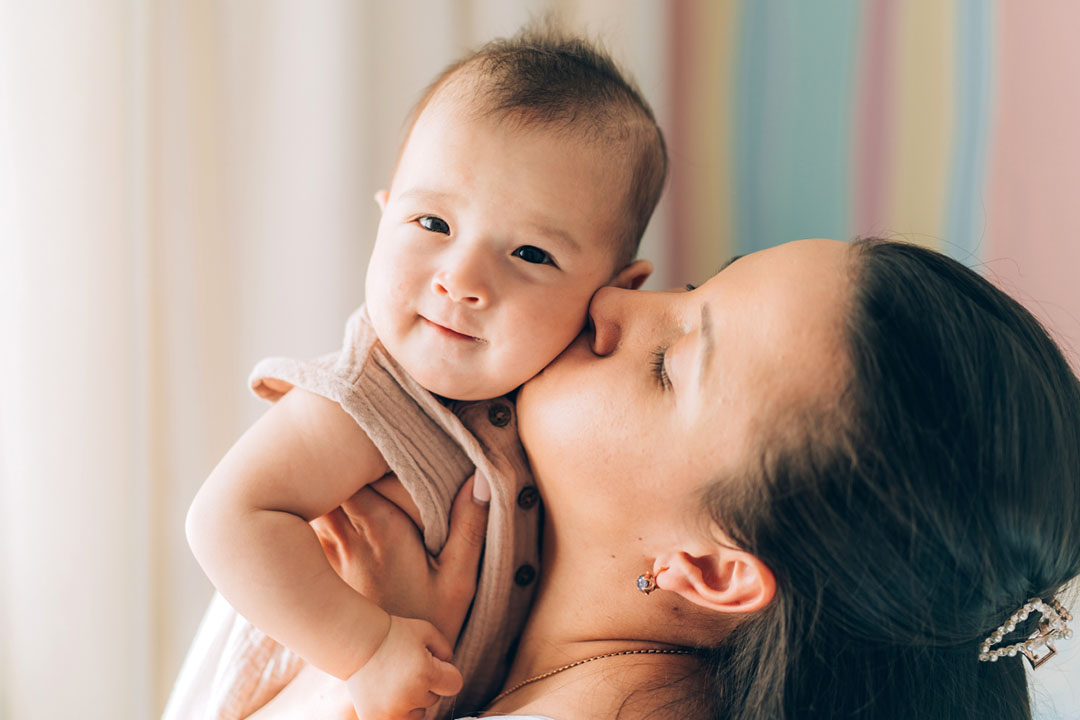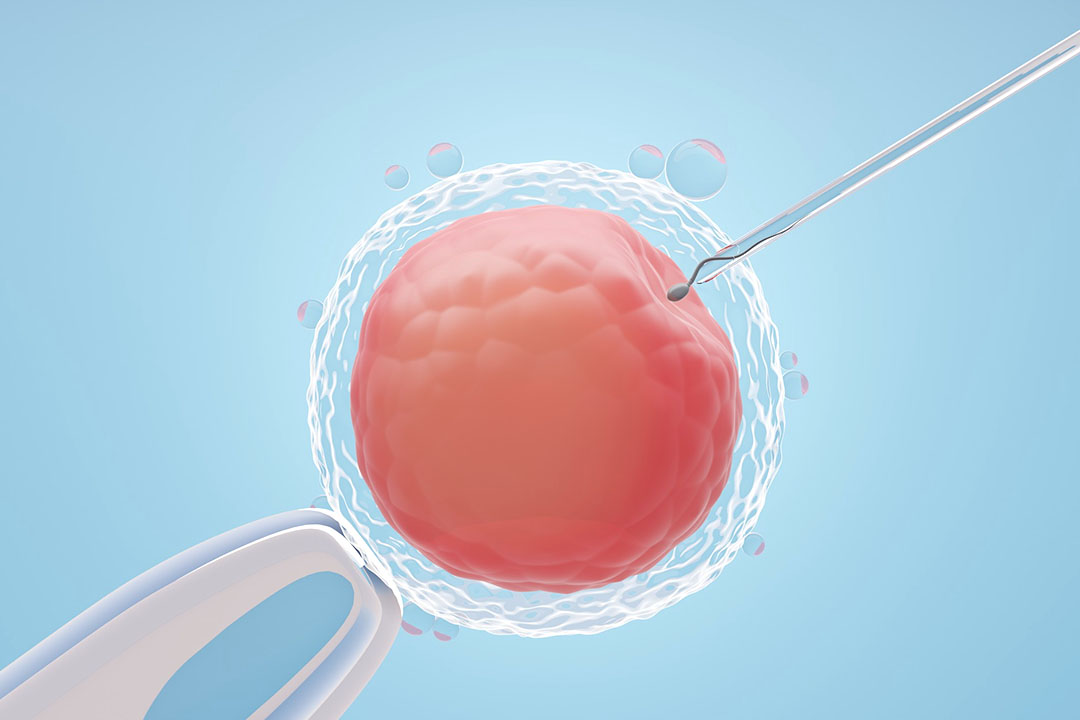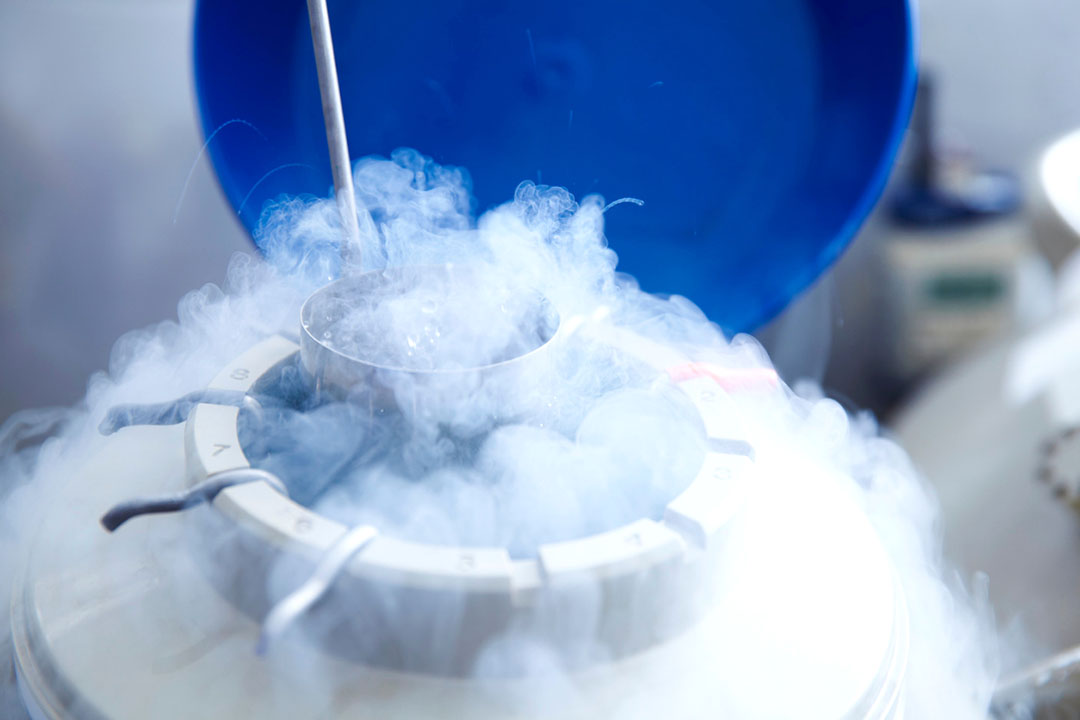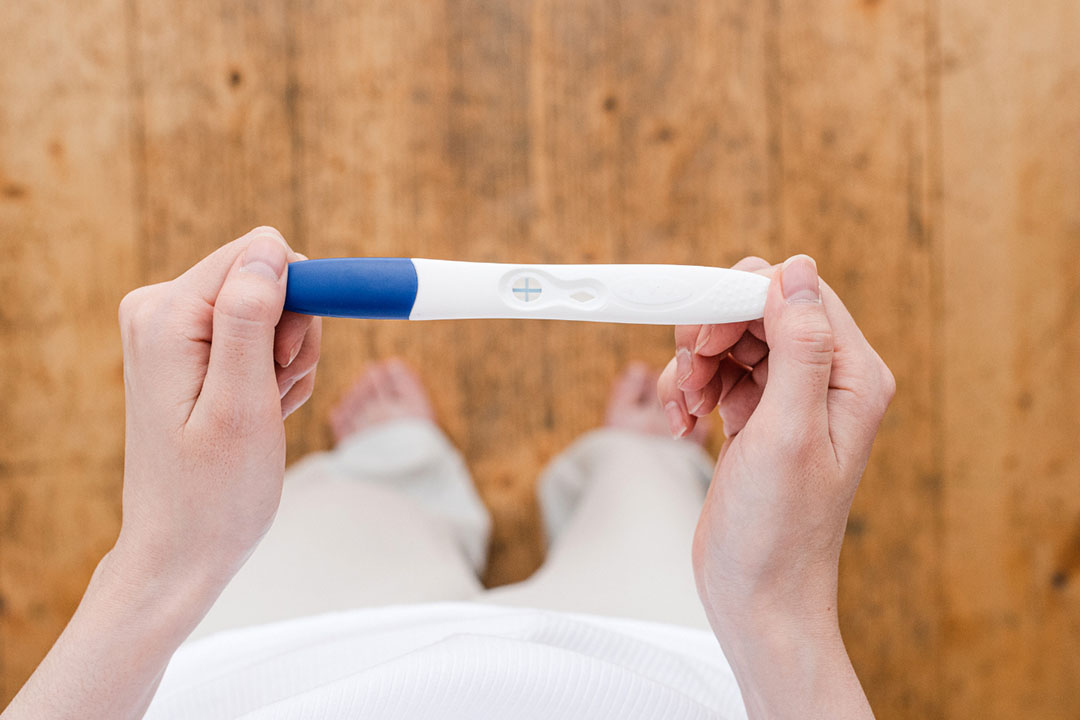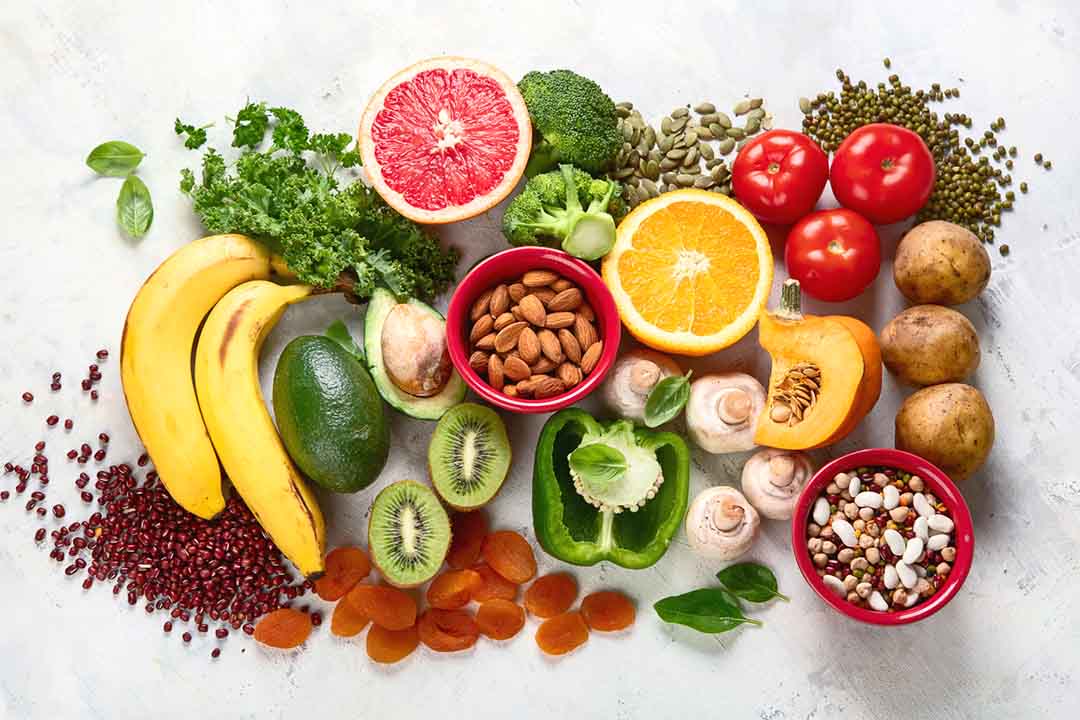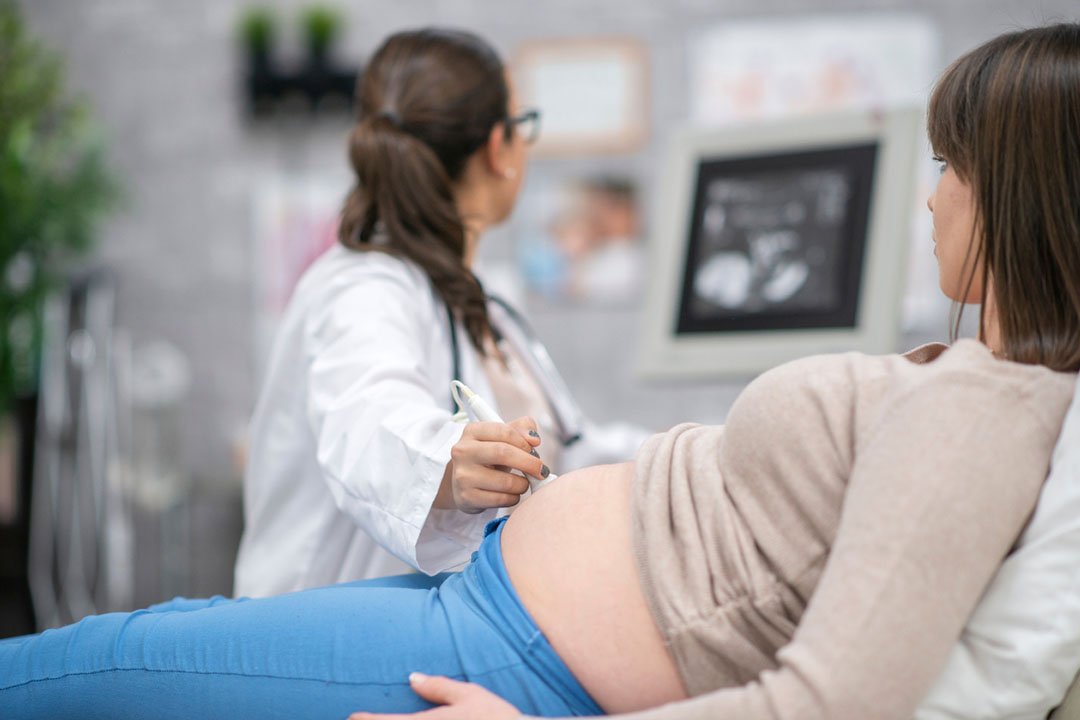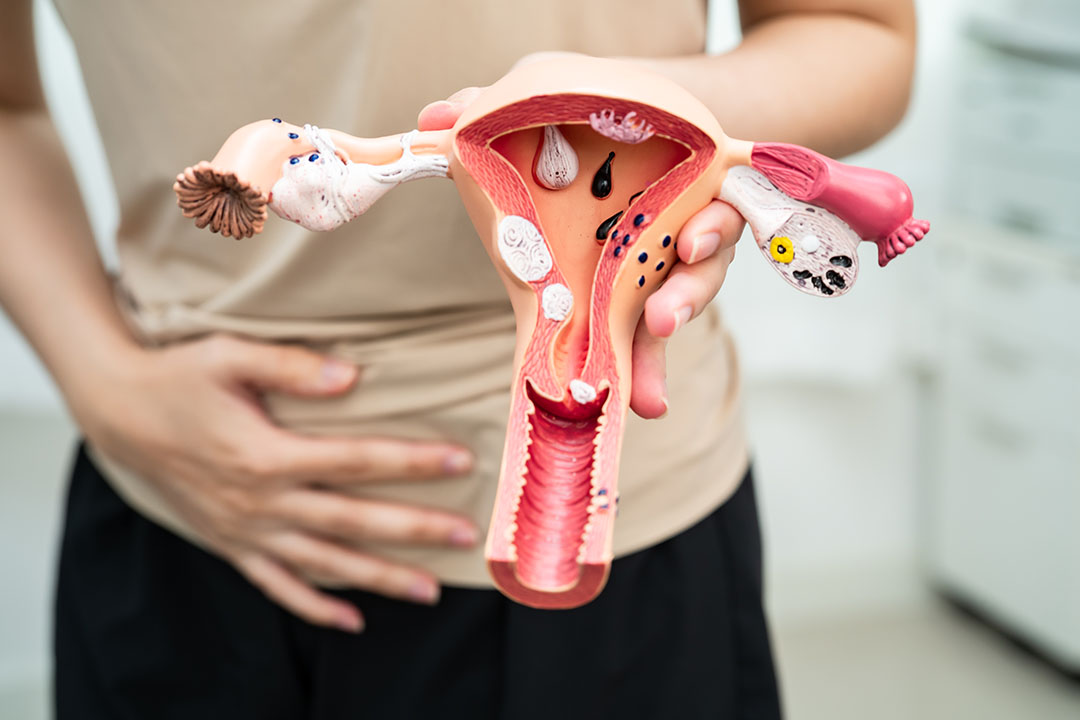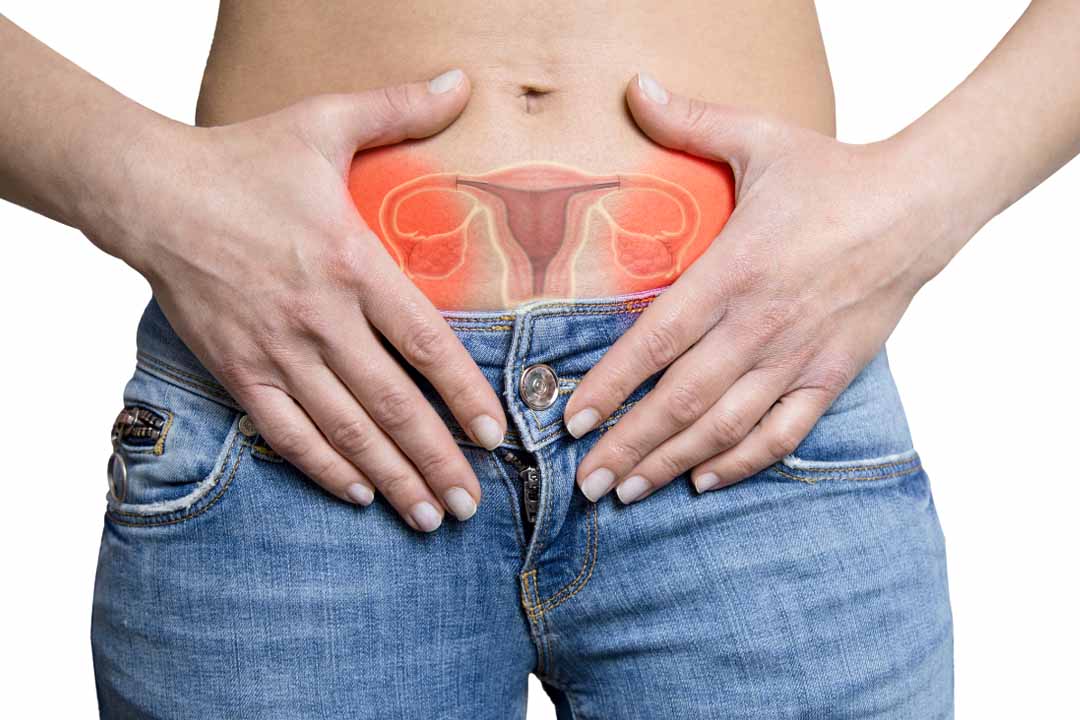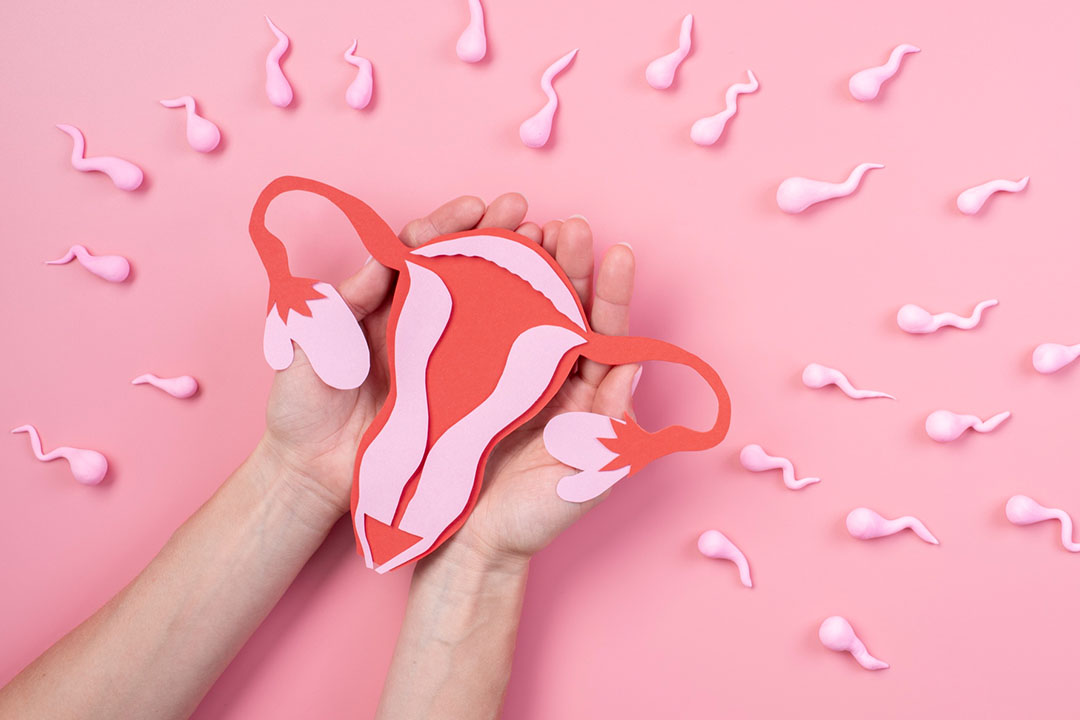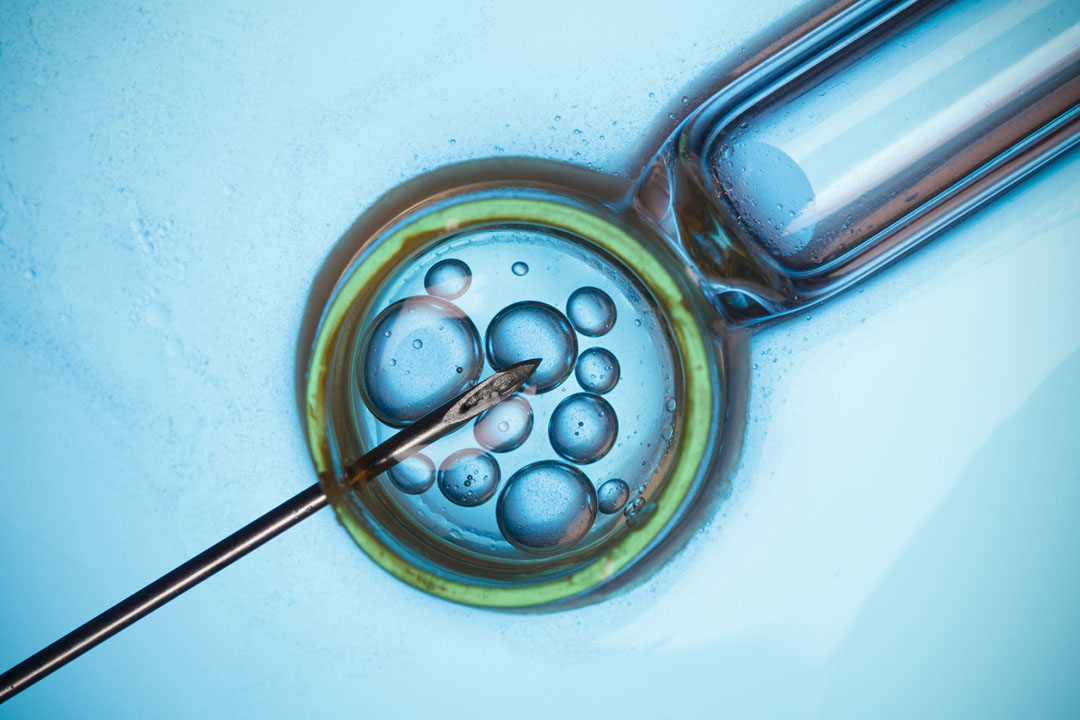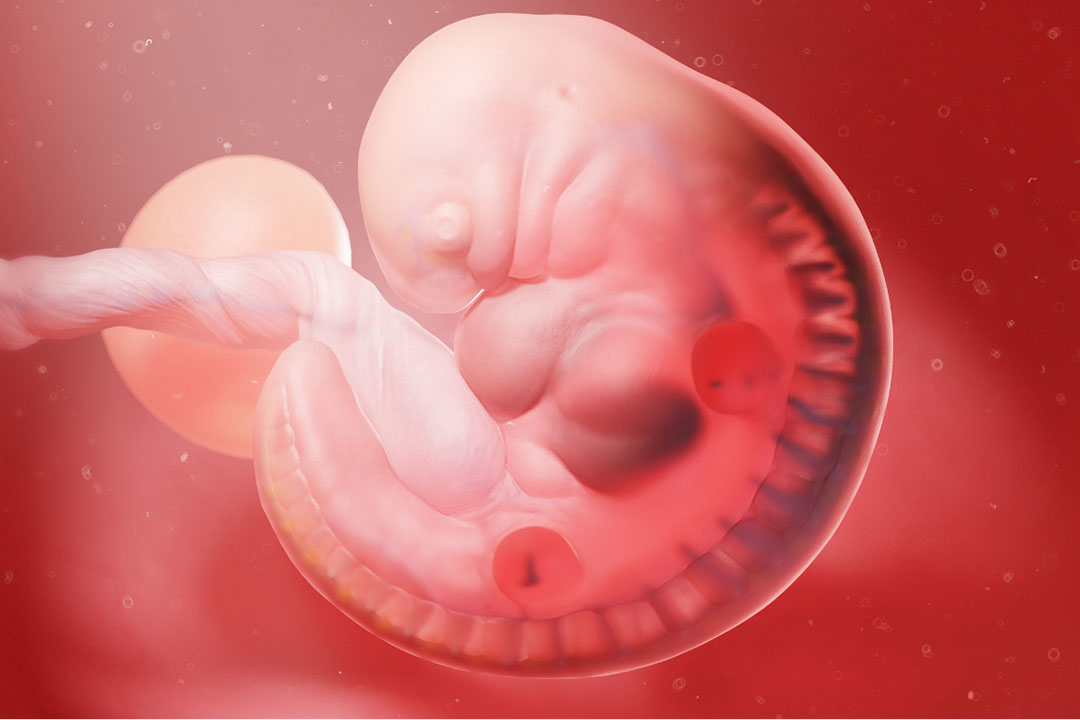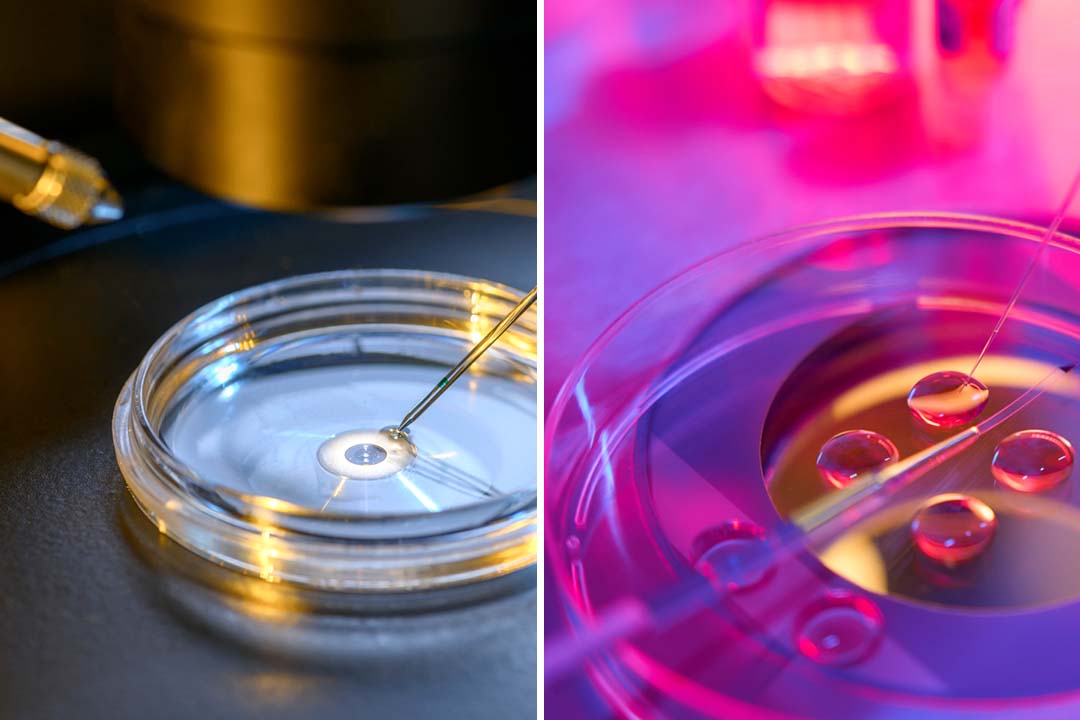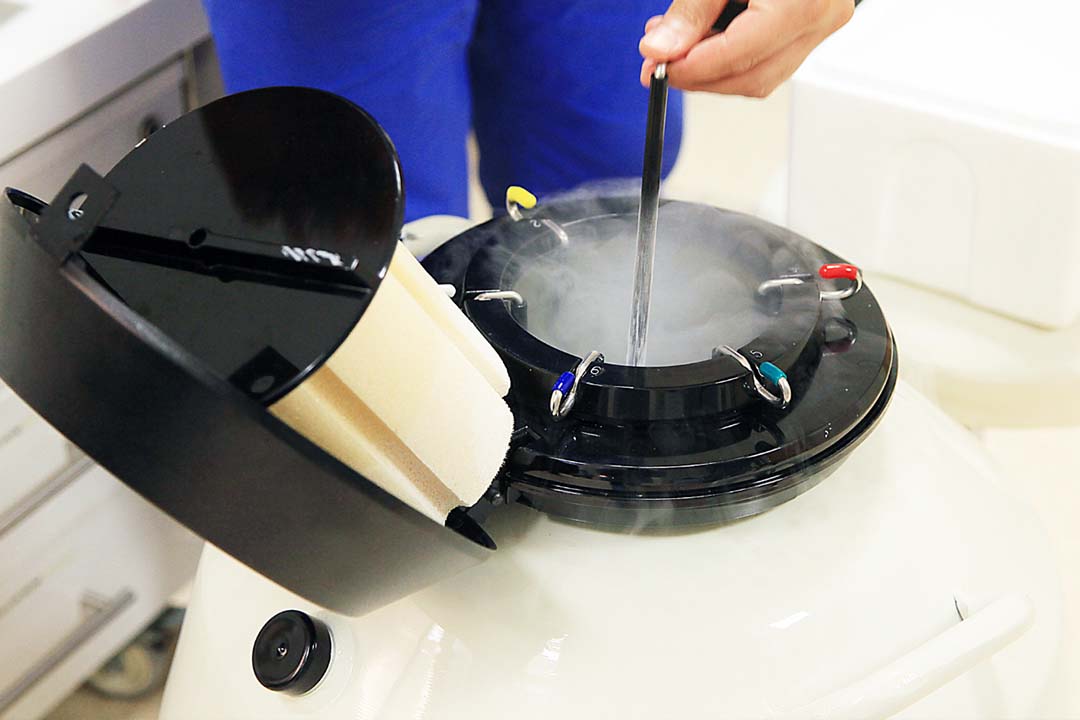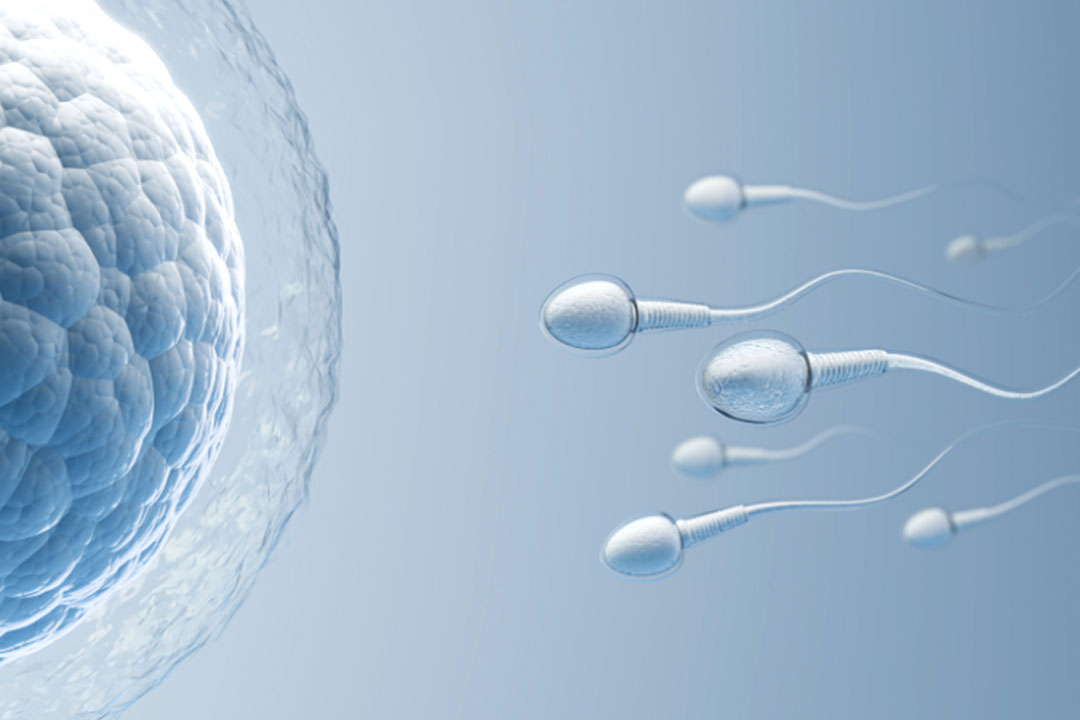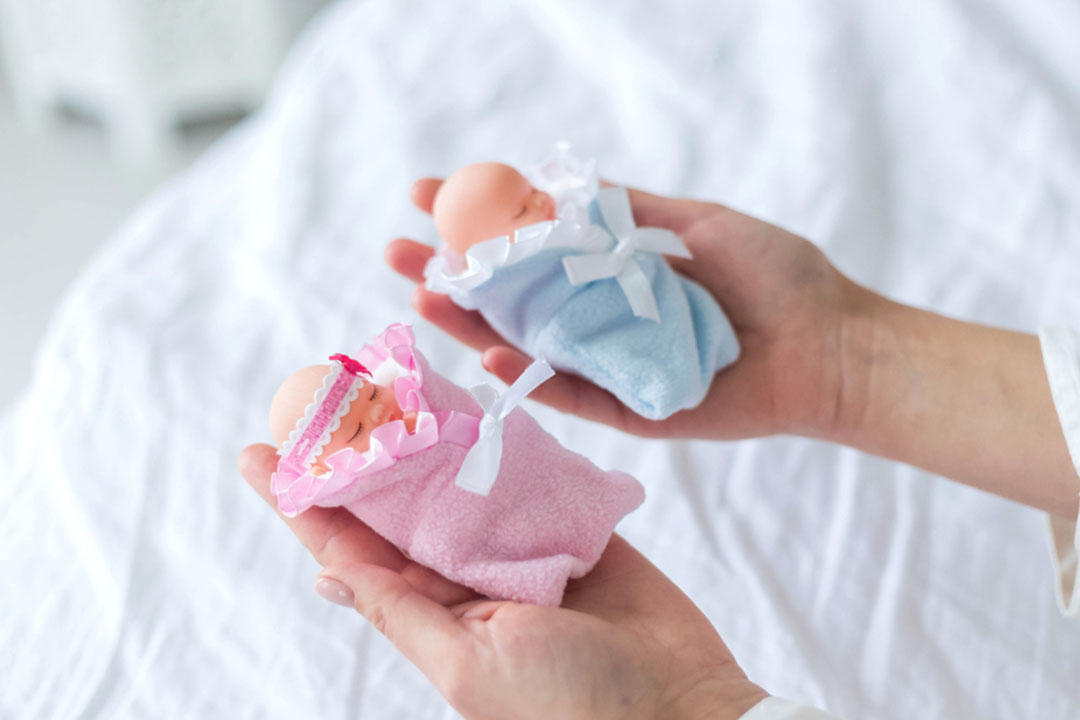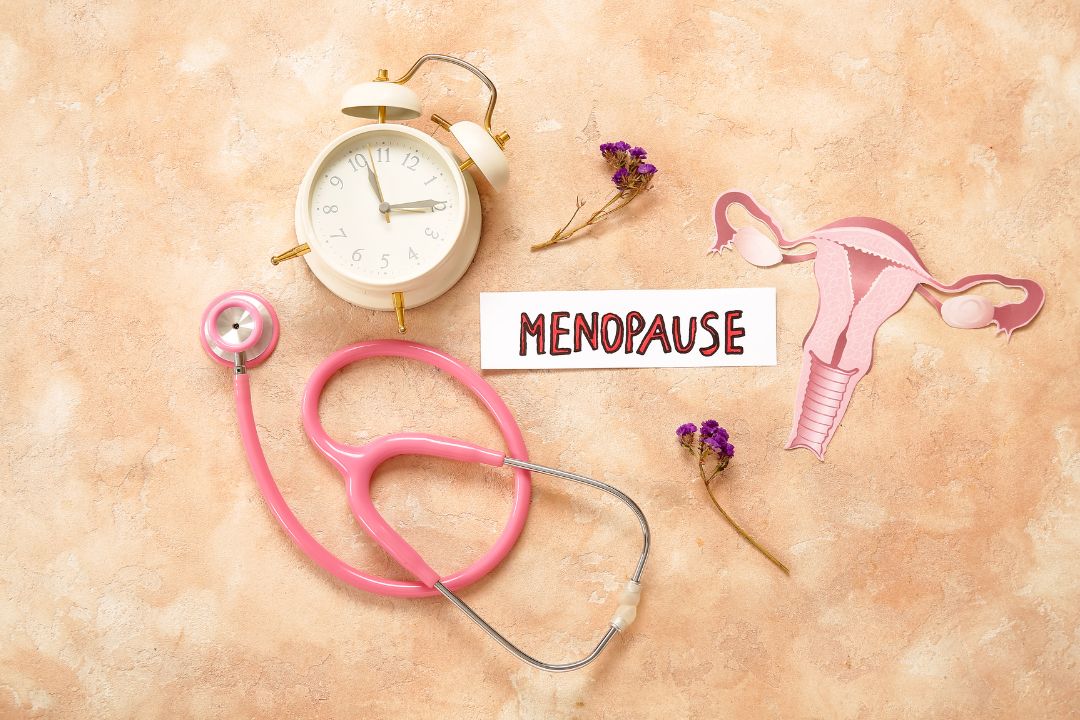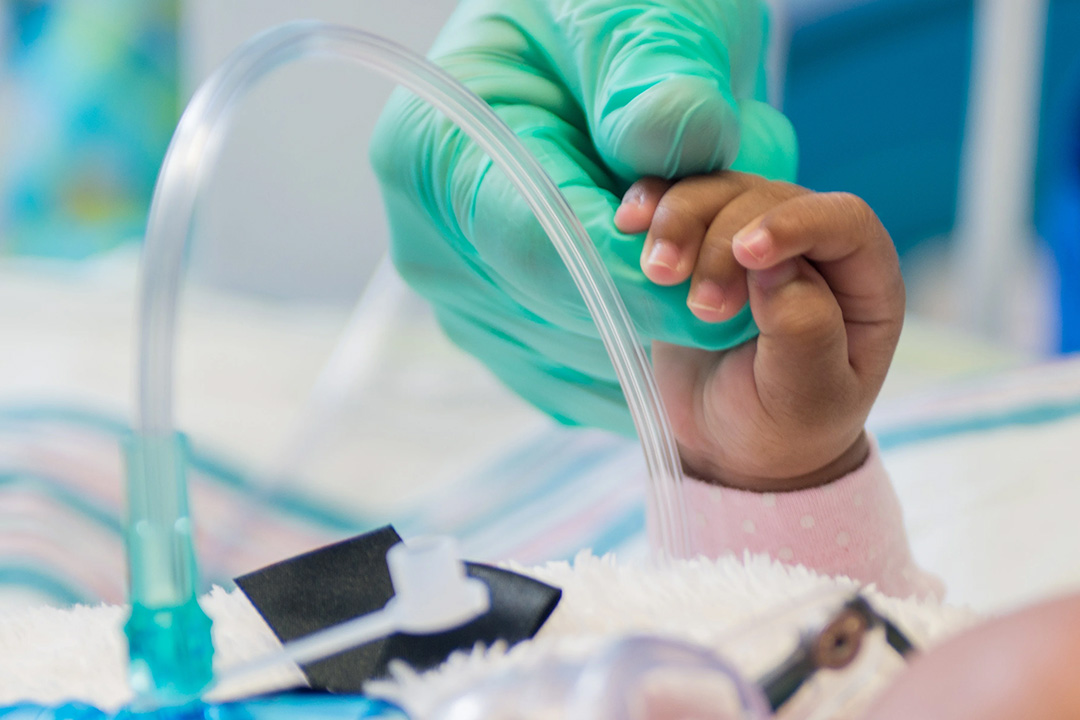Is There a Best Season for IVF Treatment?: What Experts Suggest
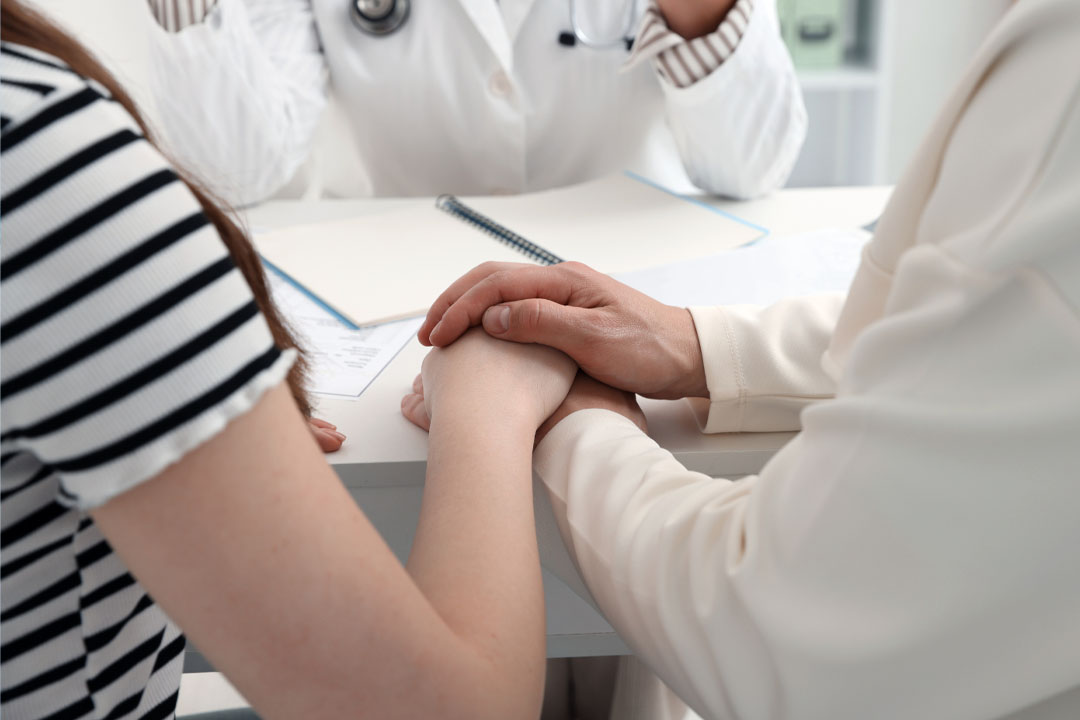
Starting IVF treatment is a major decision of someone’s life. Many people wonder if certain months of the year offer better chances of success or a more comfortable treatment experience.
While IVF is rooted in science and medical protocols, the journey is also influenced by emotional readiness, personal schedules, financial planning, and overall wellbeing.
Across the world, patients start IVF in different seasons depending on their lifestyle, climate, work demands, and health goals. Some prefer cooler months when fatigue and injections feel easier to manage, while others find spring and summer more hopeful and energizing.
Although research shows that IVF success depends mostly on biological factors rather than the season, many people still feel more prepared during certain times of the year. Understanding how each season might affect comfort, stress levels, and overall preparedness can help you make a choice that feels right for your body and your life.
Does IVF Really Have a “Best Season”?
IVF success rates do not change significantly from one season to another. Studies across different climates have found that embryo quality, ovarian response, and implantation rates remain fairly consistent throughout the year.
The factors that matter most include age, ovarian reserve, sperm quality, lifestyle habits, and the clinic’s expertise.
How Seasons Can Influence Your IVF Journey
Personal comfort, travel plans, temperature changes, work schedules, and mental readiness can make some seasons feel more manageable than others. So while science doesn’t favor a particular season, your daily routine might.
1. Winter: When Cooler Weather Brings Comfort
Winter can feel like a calmer time for IVF because the cooler temperatures make hormonal fluctuations, bloating, and hot flashes easier to tolerate. Many people also find it easier to rest during this season as social activity tends to slow down.
Why some choose winter:
- Fewer outdoor commitments
- Comfortable climate during injections
- More time at home to rest
- Easier to manage fatigue and mood changes
Some people, however, may find winter emotionally challenging due to shorter daylight hours. If you are prone to low mood during colder months, it may be better to choose a brighter season.
2. Spring: A Refreshing and Motivating Start
Spring often feels like a symbol of new beginnings. The moderate weather and longer days support better outdoor activity, healthy eating habits, and a more balanced mood.
Why spring works well:
- Pleasant temperatures for clinic visits
- Better energy levels
- Natural boost in motivation
- Easier to maintain light exercise
Many individuals feel rejuvenated during spring, making it a popular time to start treatment.
3. Summer: When Longer Days Offer More Flexibility
Summer can be convenient for those who have more time off during this season. The long daylight hours can improve mood, but high temperatures may increase discomfort during hormonal stimulation.
Potential summer benefits:
- Flexible work or academic schedules
- Time to focus on self-care
- Easier to maintain routines like walking or stretching
But summer heat can worsen bloating, injection-site discomfort, and fatigue. Staying hydrated and avoiding peak heat hours becomes important.
4. Monsoon (in tropical regions): A Calmer, Slower Season
In areas with monsoon weather, this season can feel peaceful, with cooler air after the first rains and a slower pace of life. However, humidity may cause discomfort, and travel to clinics may be unpredictable.
Why some pick monsoon:
- Cooler weather after summer Home-friendly season Fewer social
- events
On the other hand, heavy rains may lead to delays in appointments or stress about travel time.
5. Autumn: A Balanced Middle Ground
Autumn offers moderate temperatures and a structured routine as holiday seasons approach. It can be a balanced time for people who enjoy stable weather and consistent daily schedules.
Why autumn is popular:
- Mild weather Predictable routines Good energy levels
- Comfortable clinic visits
Autumn often brings a sense of stability, which helps many feel emotionally ready for IVF.
What Truly Affects IVF Success?
While seasons influence comfort, the scientific contributors to IVF success remain the same year-round:
- Age: Younger age is linked with better egg quality and higher chances of implantation. For many, starting sooner is more impactful than waiting for a “better” time of year.
- Ovarian reserve: AMH levels and antral follicle counts are key indicators of response to stimulation medicines.
- Sperm quality: Sperm count, motility, and morphology contribute directly to embryo development.
- Underlying health conditions: Thyroid disorders, PCOS, diabetes, endometriosis, or hormonal imbalances may require stabilization before IVF begins.
- Lifestyle habits: Regular sleep, balanced nutrition, moderate movement, and avoiding smoking or excessive alcohol matter far more than weather patterns.
- Emotional wellbeing: Stress levels and mental preparedness play a significant role in how smoothly a treatment cycle feels.
How to Choose the Best Season for You
There’s no medically “perfect” season, but the right choice depends on your personal circumstances. Consider the following:
- Your Work or Study Schedule: Choose a period when you can reduce stress and attend multiple appointments without pressure.
- Your Mental Readiness: If you feel motivated, hopeful, and emotionally stable during a certain season, that is a meaningful reason to choose it.
- Travel or Holiday Commitments: IVF requires strict timing. Avoid peak travel seasons or periods when you may be away.
- Your Body’s Comfort in Different Weather: If you struggle with heat, summer might feel overwhelming. If cold weather affects your mood, winter may not be ideal.
- Financial Planning: Treatment costs vary depending on medication requirements and add-on procedures. A financially stable period reduces stress.
Lifestyle Support Throughout the Year
There are some non-negotiables which should be followed, irrespective of the month, for instance:
IUI works best in:
- A balanced diet helps regulate hormones and improve overall health. Seasonal fruits and vegetables can support immunity and energy levels.
- Light to moderate activity like walking, stretching, or yoga supports blood flow and mental wellbeing.
- Aim for at least 7–8 hours, especially during stimulation when the body needs proper rest.
- Meditation, journaling, or talking to a counselor can make the experience smoother.
Cost of IVF Treatment in India
IVF treatment in India typically ranges between ₹1,00,000 to ₹2,50,000 per cycle, depending on medications, diagnostics, and additional procedures like ICSI or embryo freezing.
Frequently Asked Questions
1. Does the season I choose really affect my IVF success?
Not significantly. Success mainly depends on biological factors like age, egg quality, and sperm health. Seasons only influence personal comfort and scheduling.
2. I am 30. Is IVF for me?
Yes, IVF can be an option at 30**, especially for those with medical conditions or fertility concerns. Many people at this age also try less invasive treatments first.
3. Is natural conception harder in certain seasons?
No. Human fertility does not strongly follow seasonal patterns.
4. Will heat or cold affect my medications?
Store your medicines as instructed and avoid exposing them to extreme temperatures, regardless of season.
5. Can stress from festive seasons impact IVF?
Yes, high stress can affect wellbeing, but it rarely affects success rates directly. Emotional readiness matters.
6. Which season is most comfortable for injections?
Many find winter and spring easier, but it depends on your personal comfort with temperature.
7. Should I delay IVF to wait for the “right” month?
Only if you need time emotionally or medically. Biology matters more than the season.
Conclusion
There is no single “best season” for IVF from a medical perspective. Science shows that success rates remain largely stable throughout the year. What truly shapes your experience is how prepared you feel emotionally, physically, and practically. Choosing a season that matches your lifestyle, energy levels, and personal comfort can make the journey smoother.
Whether you begin in winter’s calm, spring’s freshness, summer’s long days, monsoon’s quiet pace, or autumn’s balance, the most important factor is moving forward when you feel ready and supported.
About Us
AKsigen IVF is a premier center for advanced fertility treatments, with renowned fertility experts on our team. Specializing in IVF, ICSI, egg freezing, and other cutting-edge reproductive technologies, AKsigen IVF is committed to helping couples achieve their dream of parenthood. With personalized care and a patient-first approach, AKsigen IVF provides comprehensive fertility solutions under one roof.










